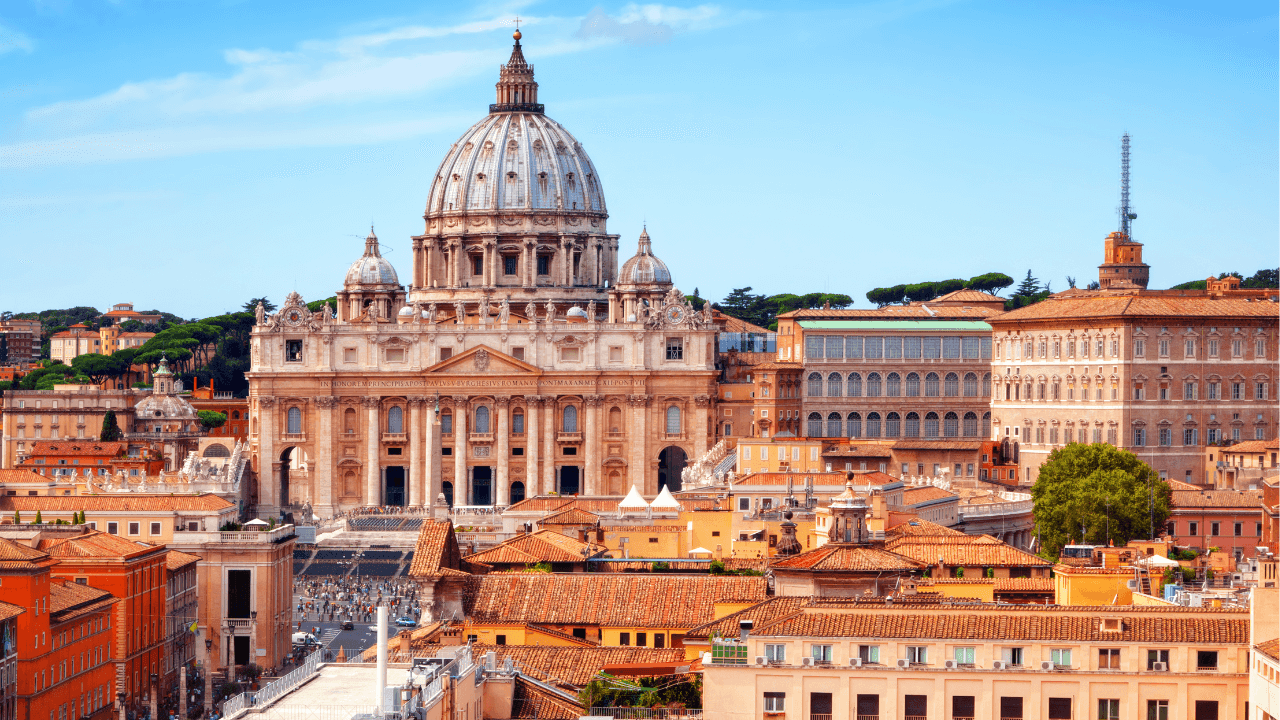
The Sovereign State Within a City: An Inside Look at Vatican City
Italy is home to some of the world's most breathtaking cities, but nestled within the heart of Rome lies a country unlike any other. At just 49 hectares (121 acres) and with a population of around 800, Vatican City is the smallest sovereign state on Earth. This tiny enclave is not just a geographical curiosity; it is a global spiritual center, steeped in unique traditions and governed by its own set of rules.
The State and the Lateran Treaty
The Vatican's status as an independent nation is a relatively modern development. For centuries, the Pope ruled a large swath of central Italy known as the Papal States. However, following the unification of Italy in 1870, this territory was absorbed, leaving the Pope as a "prisoner" of the Vatican. This long-standing conflict was finally resolved in 1929 with the signing of the Lateran Treaty. This agreement recognized Vatican City as an independent, neutral state, ensuring the Pope's sovereignty and spiritual independence.
Curiosities and Life Within the Walls
Life within the Vatican is unlike anywhere else in the world. Visitors are often surprised to learn that the city-state has its own post office, with stamps that are highly prized by collectors, and its own railway station (though it is rarely used for passenger travel). The Swiss Guard, instantly recognizable by their vibrant Renaissance-era uniforms, are responsible for the Pope's personal safety and are a curiosity in themselves. Contrary to popular belief, they are not just ceremonial; they are a highly trained and well-armed force, and to qualify, a candidate must be a single male Swiss citizen, a practicing Catholic, and have completed basic training with the Swiss Army.
While the city's main attractions, like St. Peter's Basilica and the Vatican Museums, are bustling with tourists, the rest of the Vatican is a quiet, self-contained world. It operates on its own time, with its own radio station, newspaper, and a surprising number of gardens and green spaces, making it a peaceful and serene environment for its residents.
How to Become a Citizen
Unlike most countries where citizenship is granted by birthright, Vatican citizenship is acquired ex officio, meaning it is granted solely based on one's position or service to the Holy See. It is not an inherited status.
A person's citizenship is directly tied to their job within the Vatican. This includes cardinals residing in Vatican City or Rome, members of the diplomatic corps of the Holy See, and the Pope's official residents and personnel, such as the Swiss Guard and other employees who live within the city walls. When an individual's service or employment ceases, their citizenship is automatically revoked. Most of these individuals hold dual citizenship, often retaining their original nationality, such as Italian or Swiss. The population is therefore in constant flux, a unique characteristic of a nation defined by service rather than lineage.
In summary, Vatican City is a truly unique place where faith, history, and diplomacy converge on a micro-scale. It is a testament to the power of a small state to exert an outsized influence on the world stage, a city-within-a-city with its own fascinating set of rules and a population defined by a shared sense of service.
Related experiences
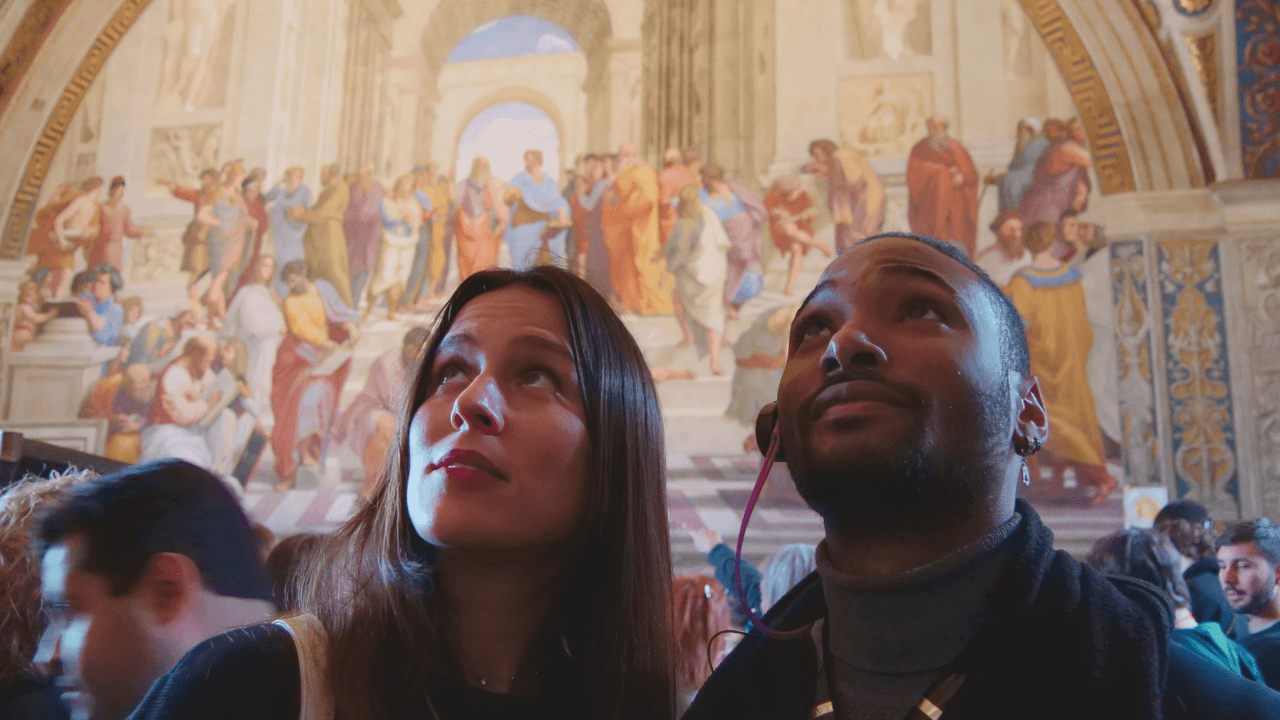
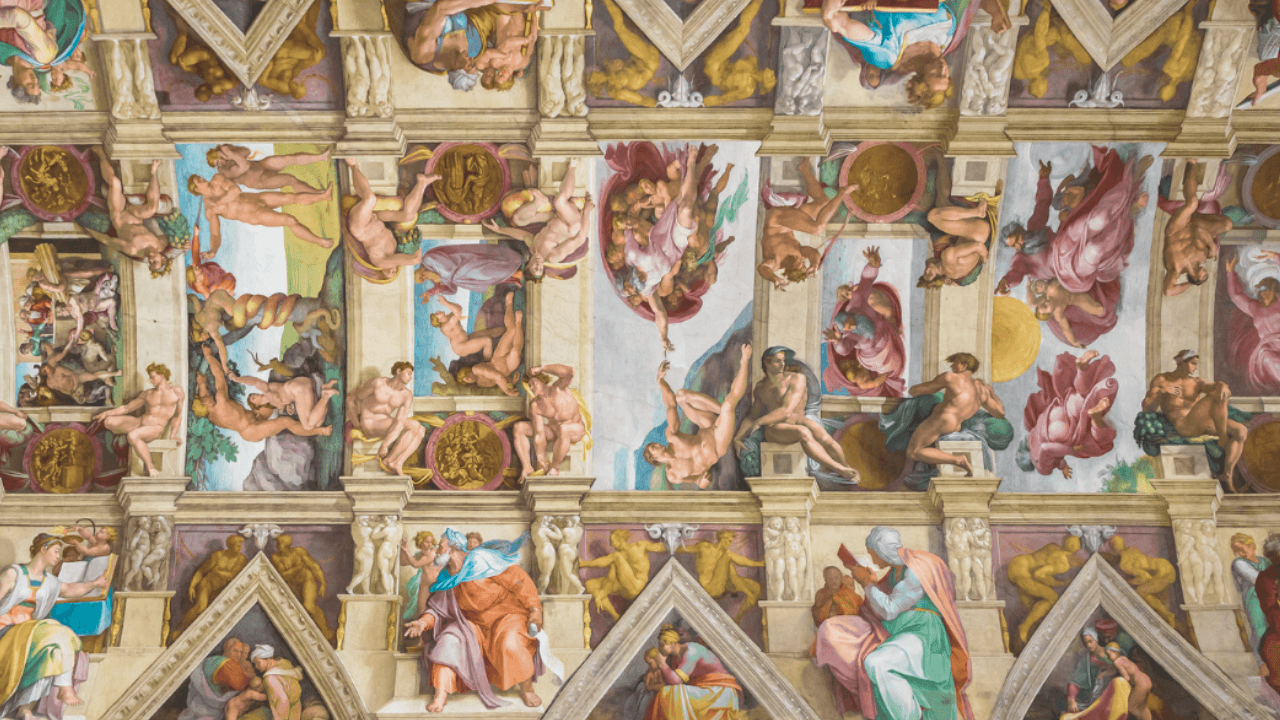

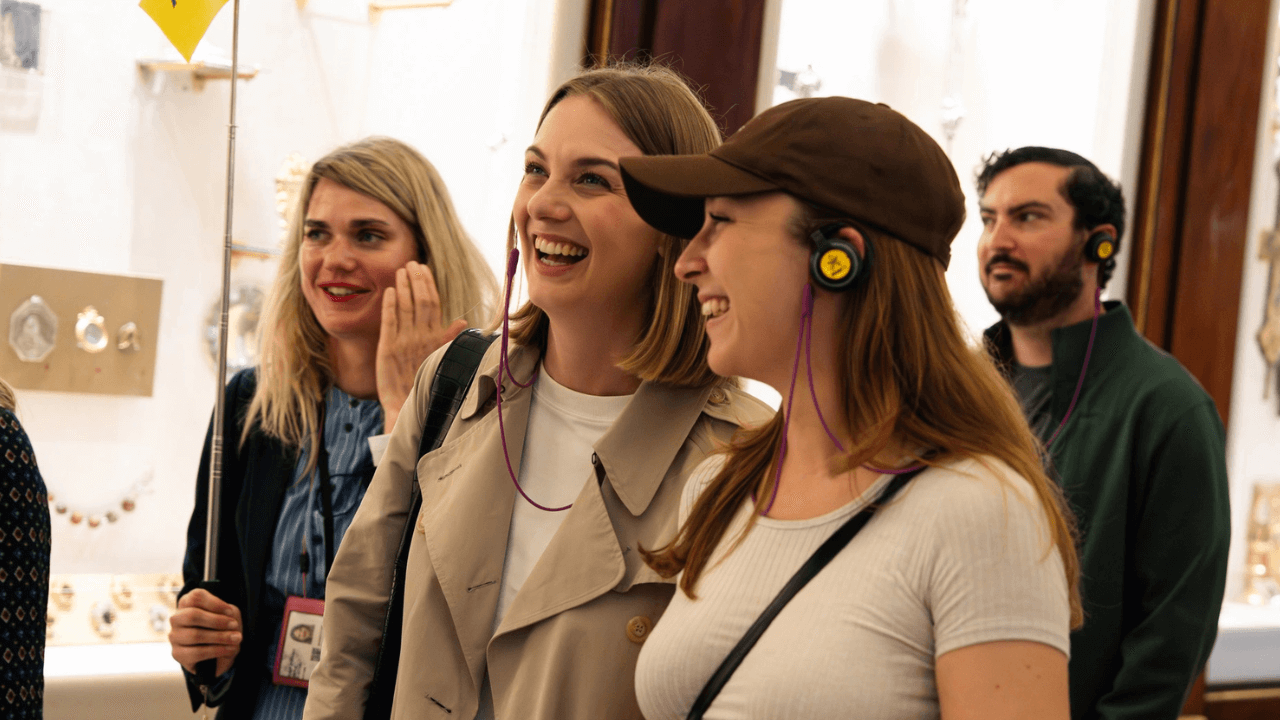
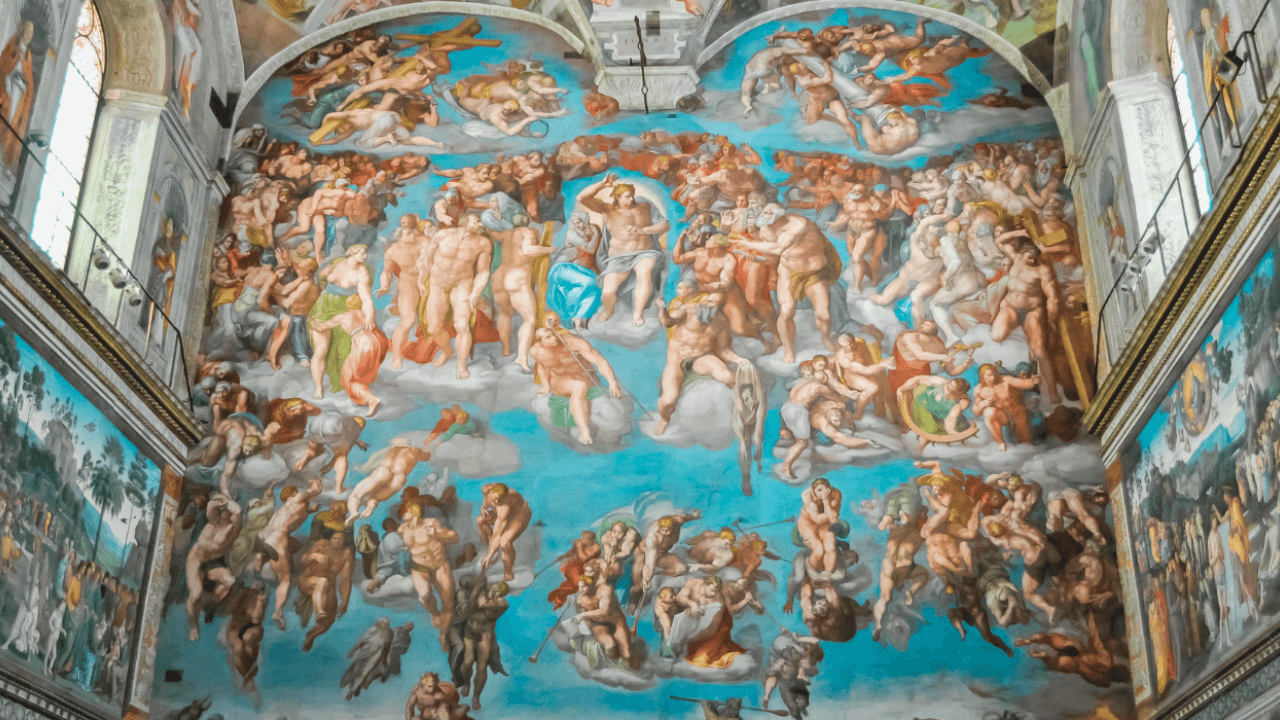
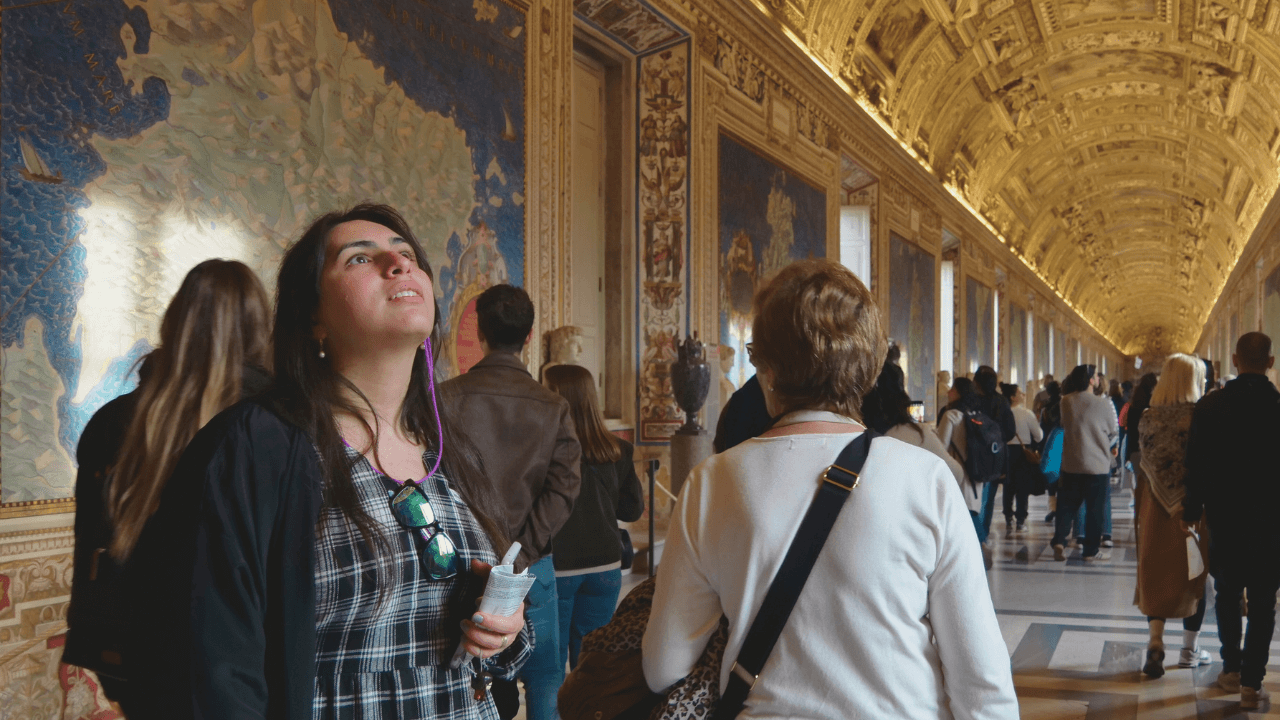

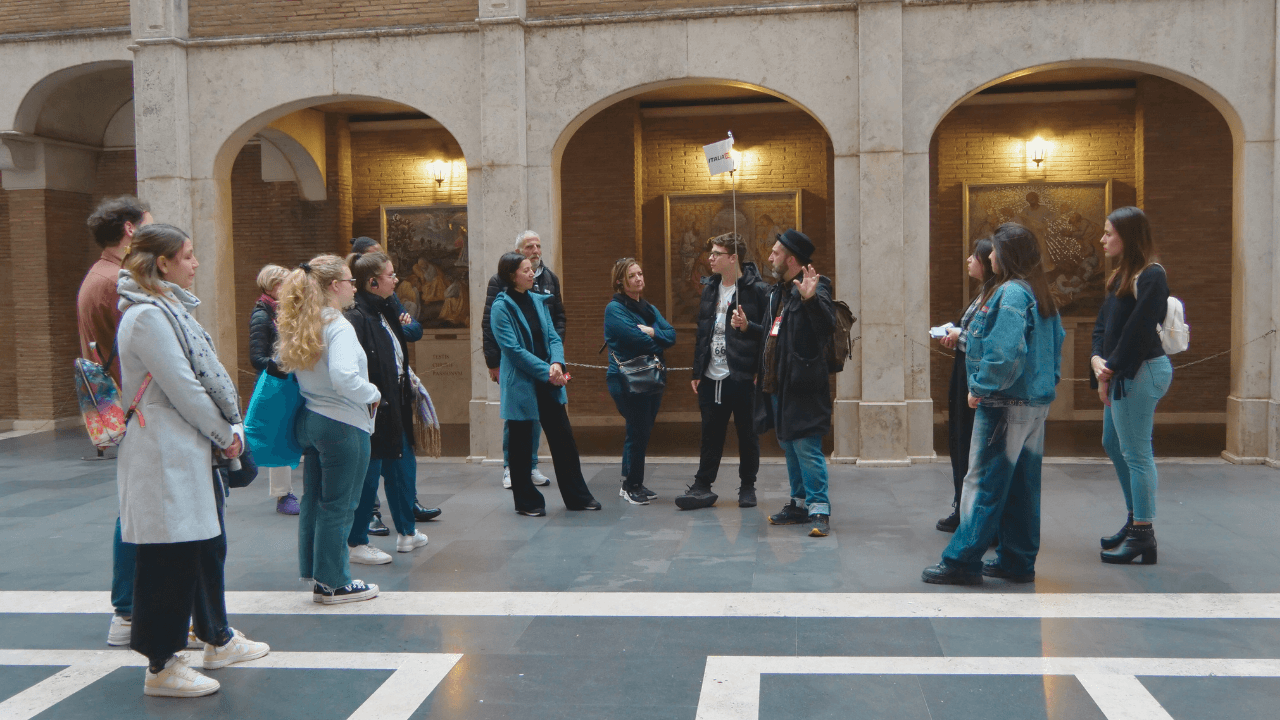
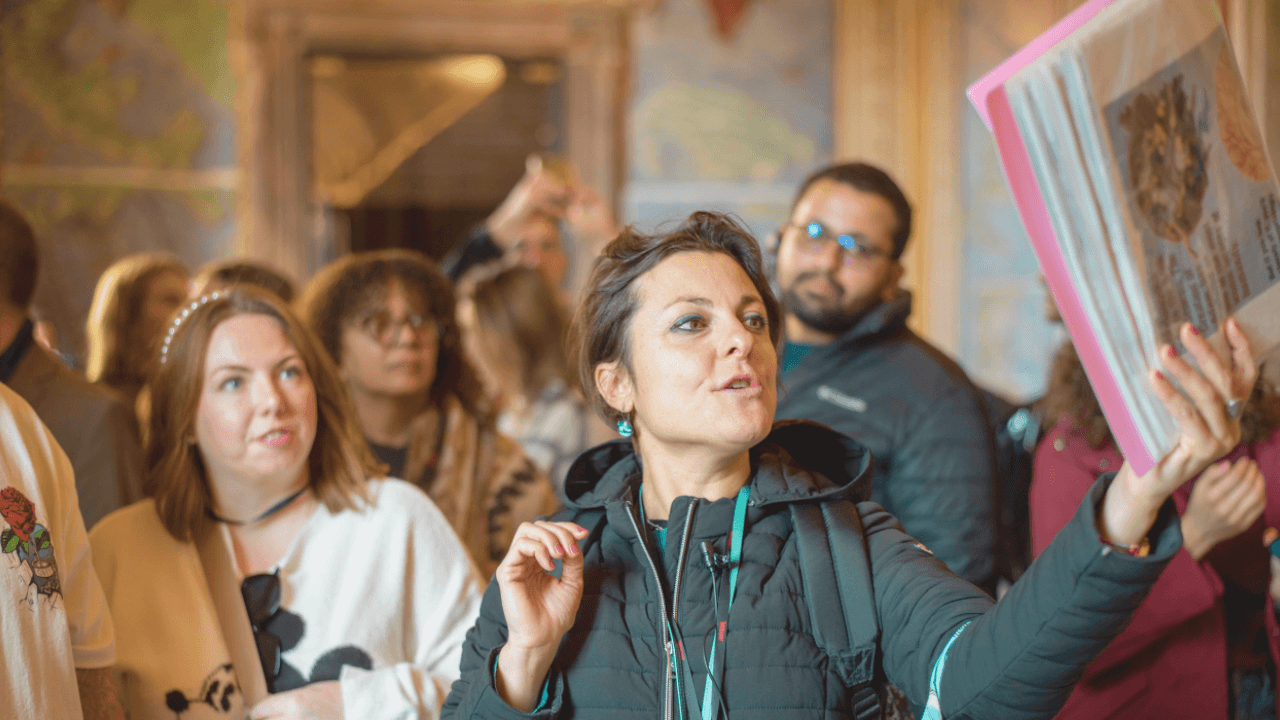
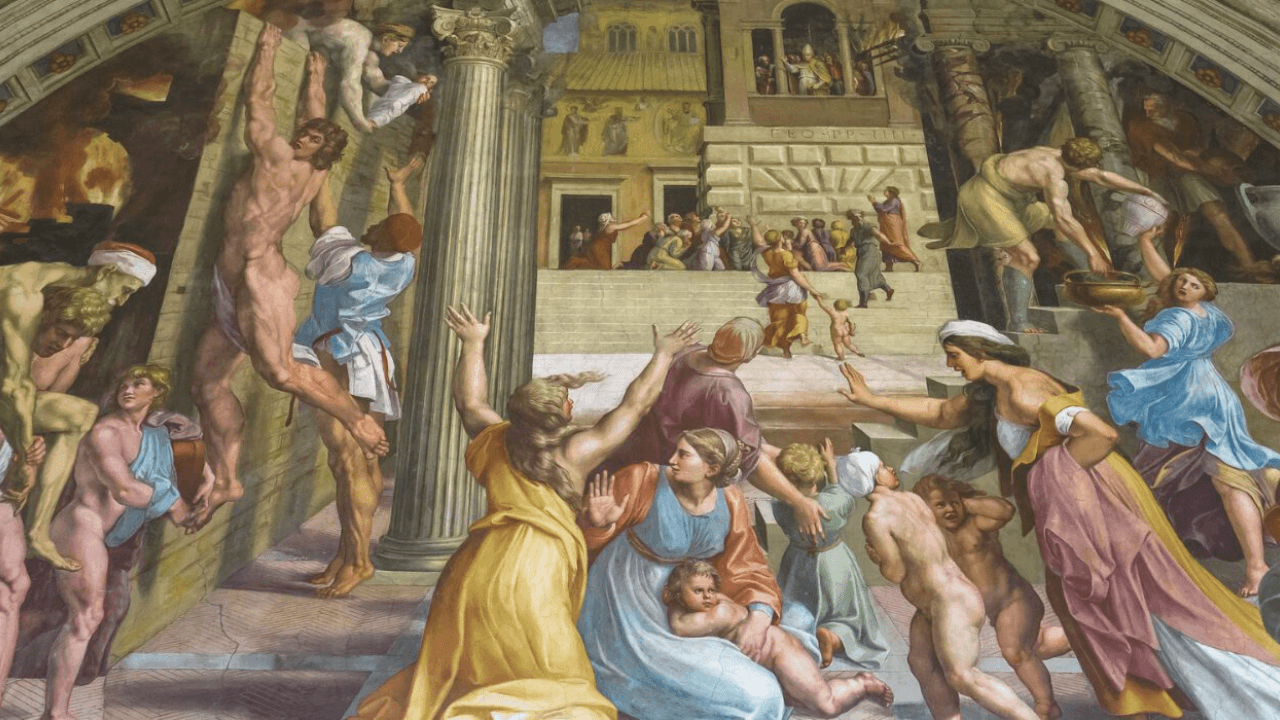

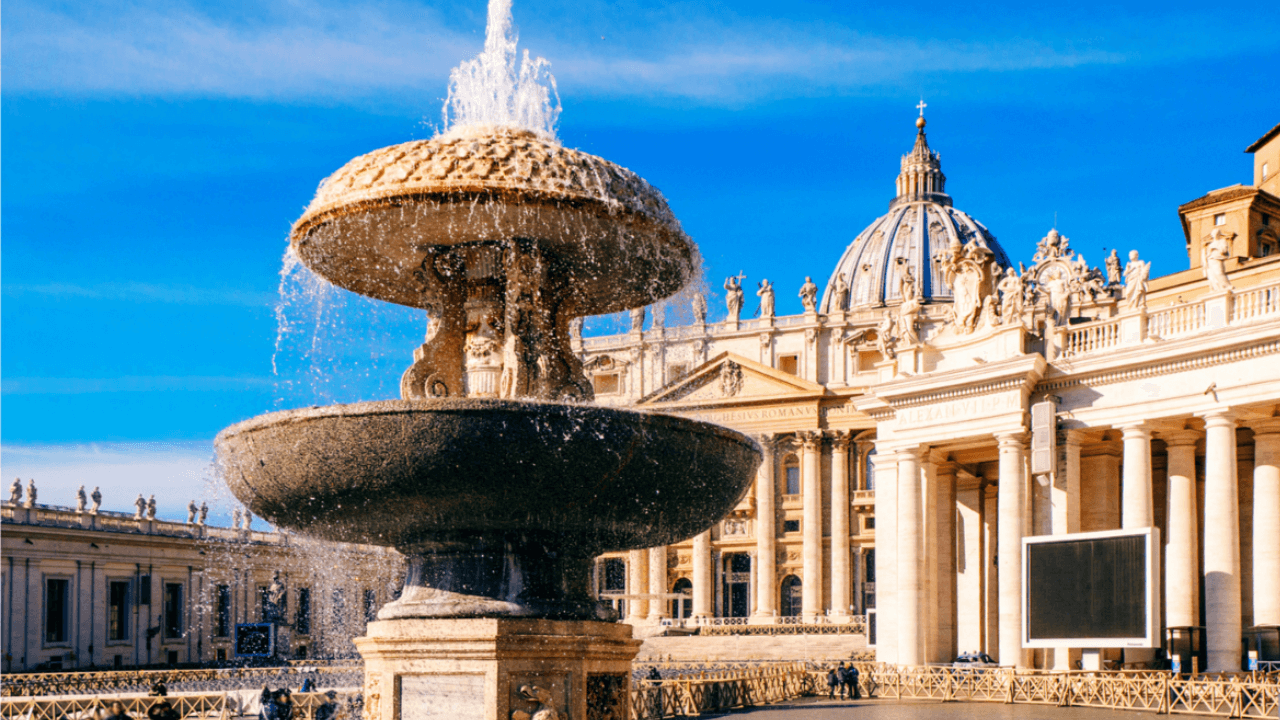
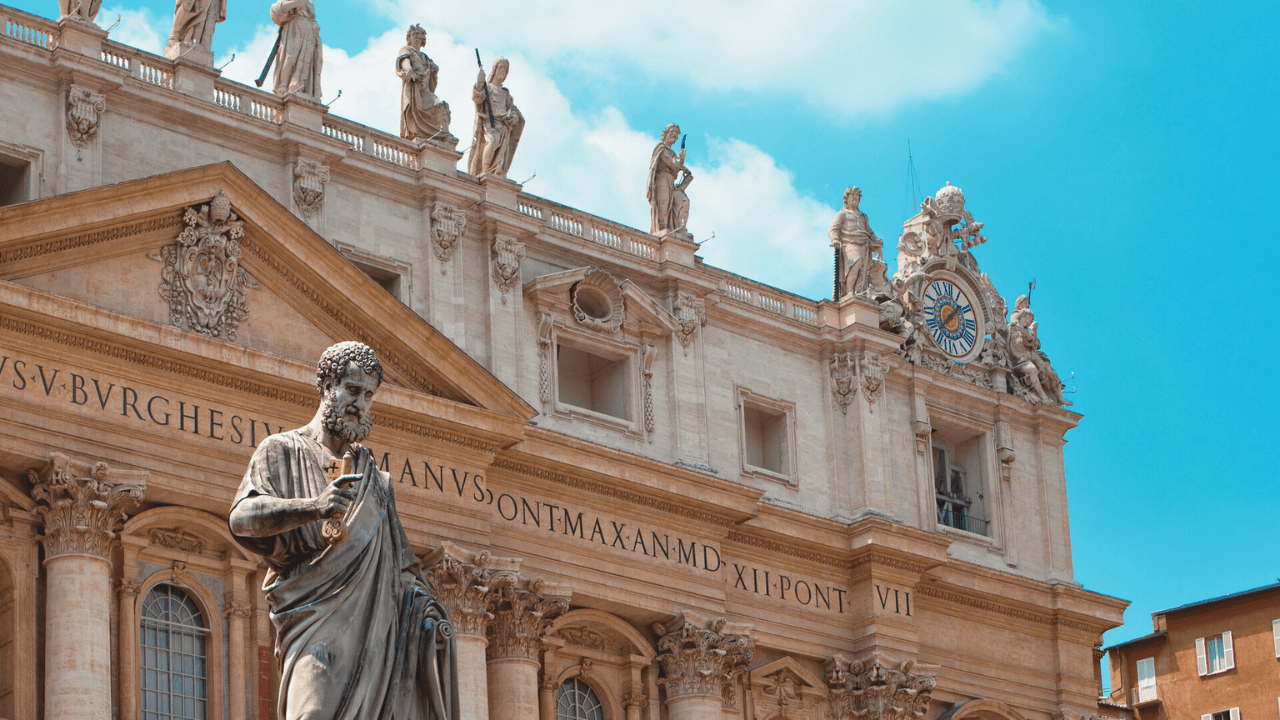
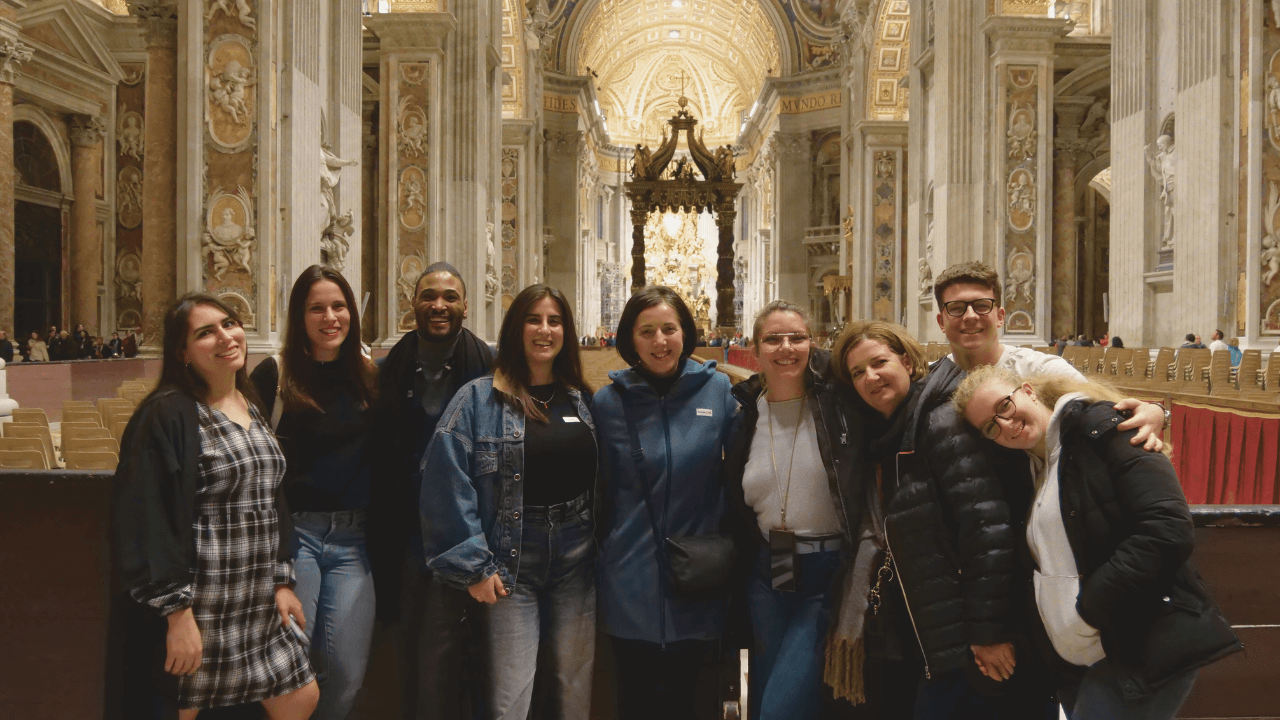
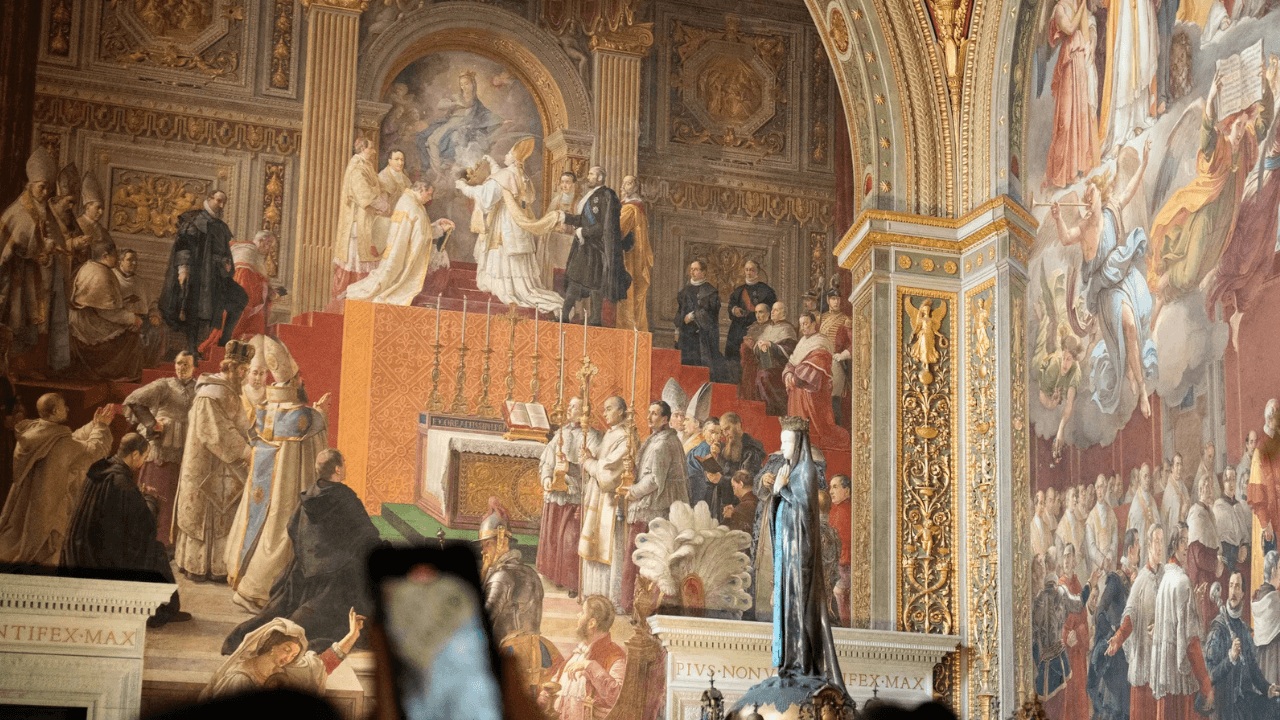
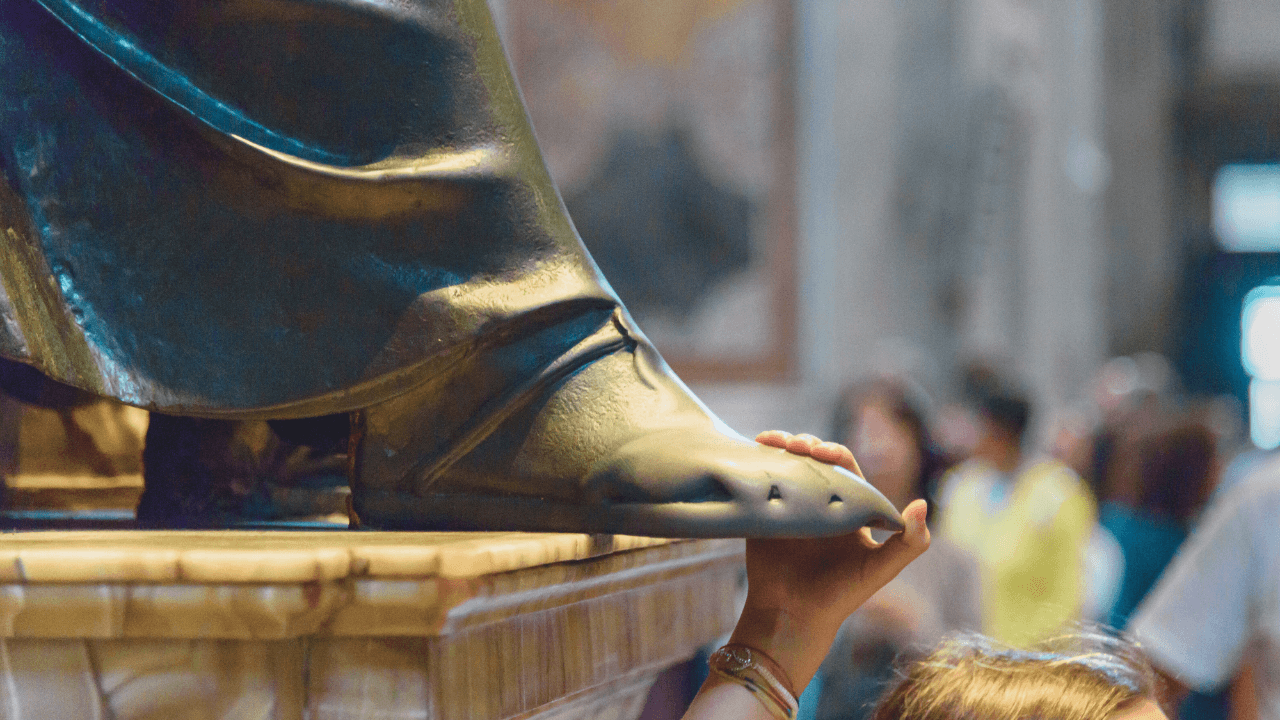

Entire Vatican & Vatacombs: Treasures of the Sistine Chapel
from $ 119
Learn more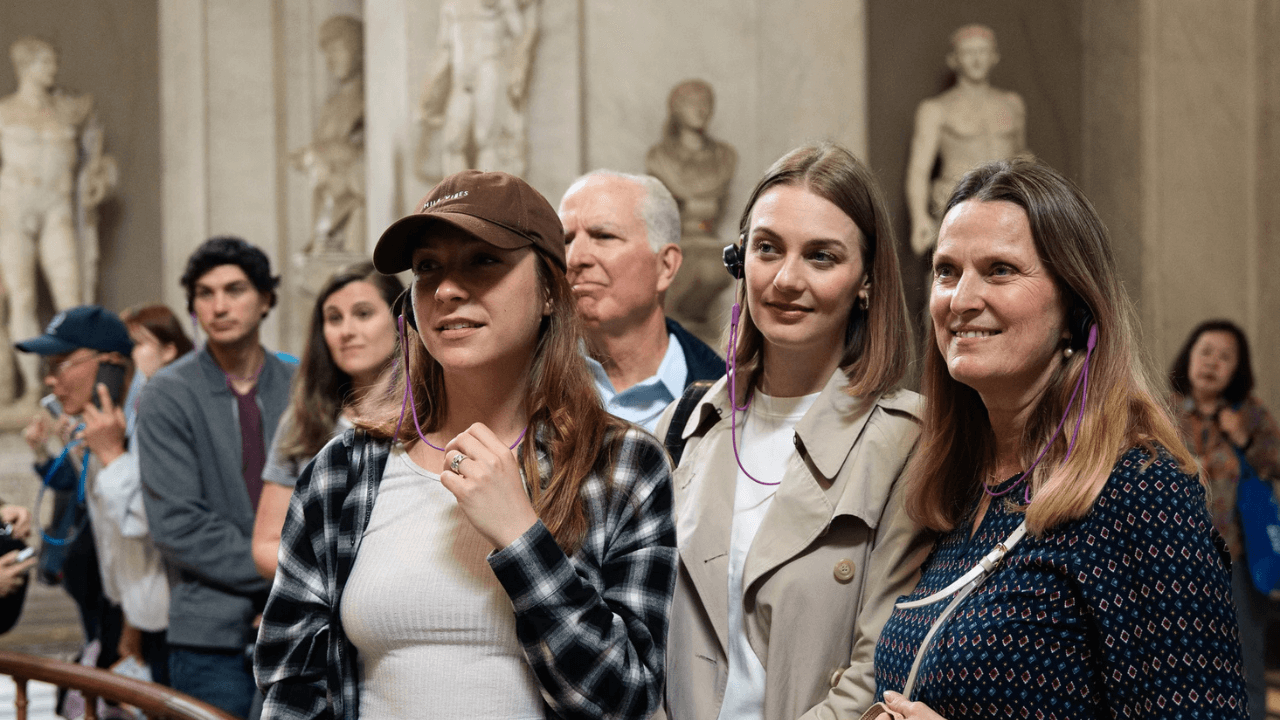
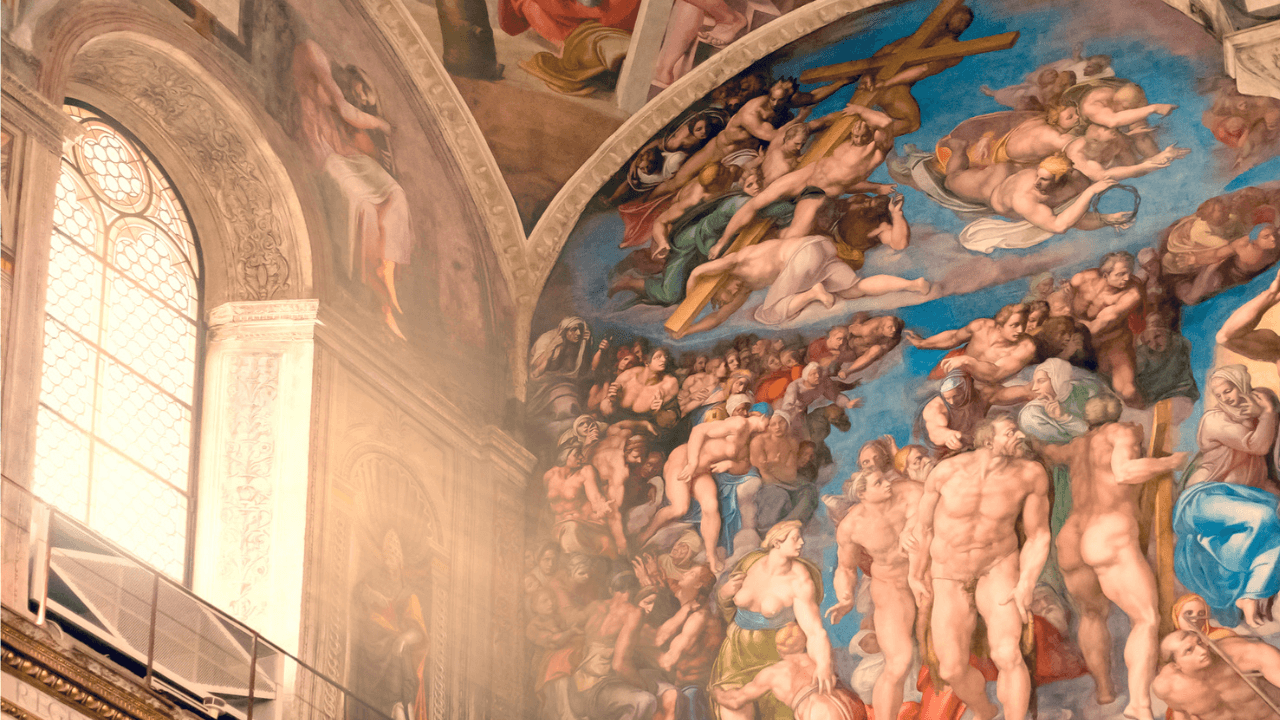

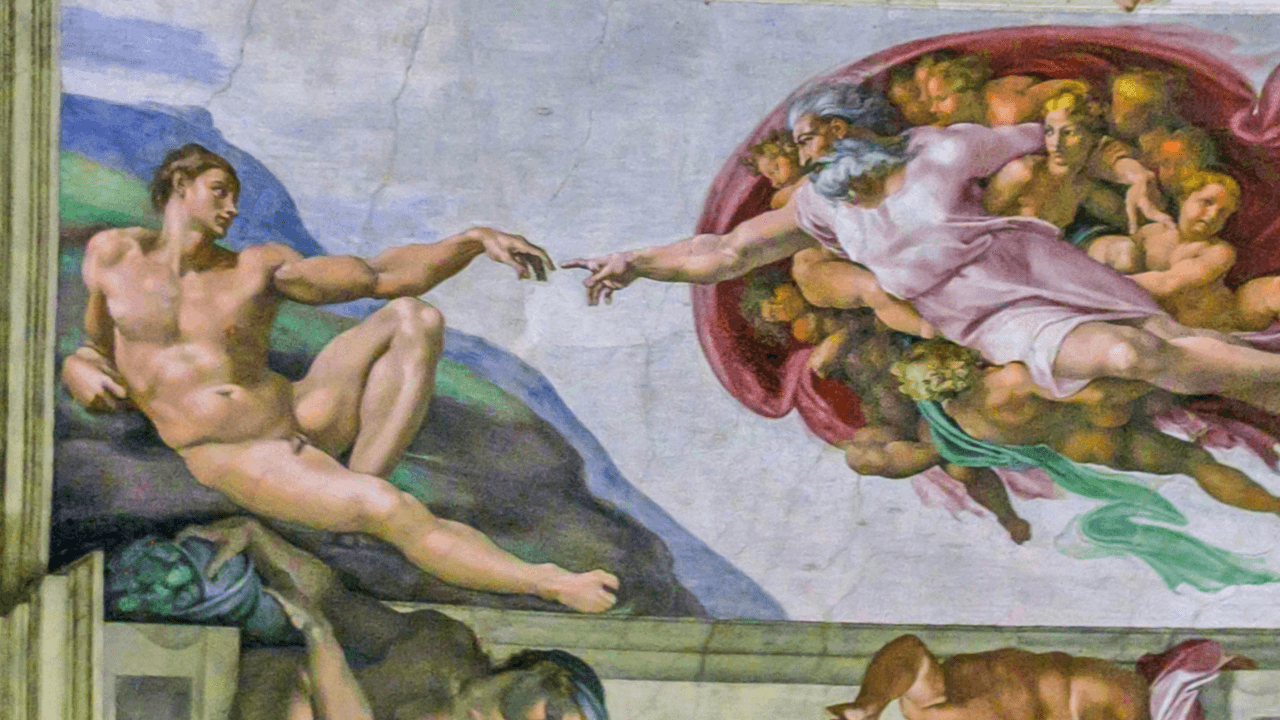
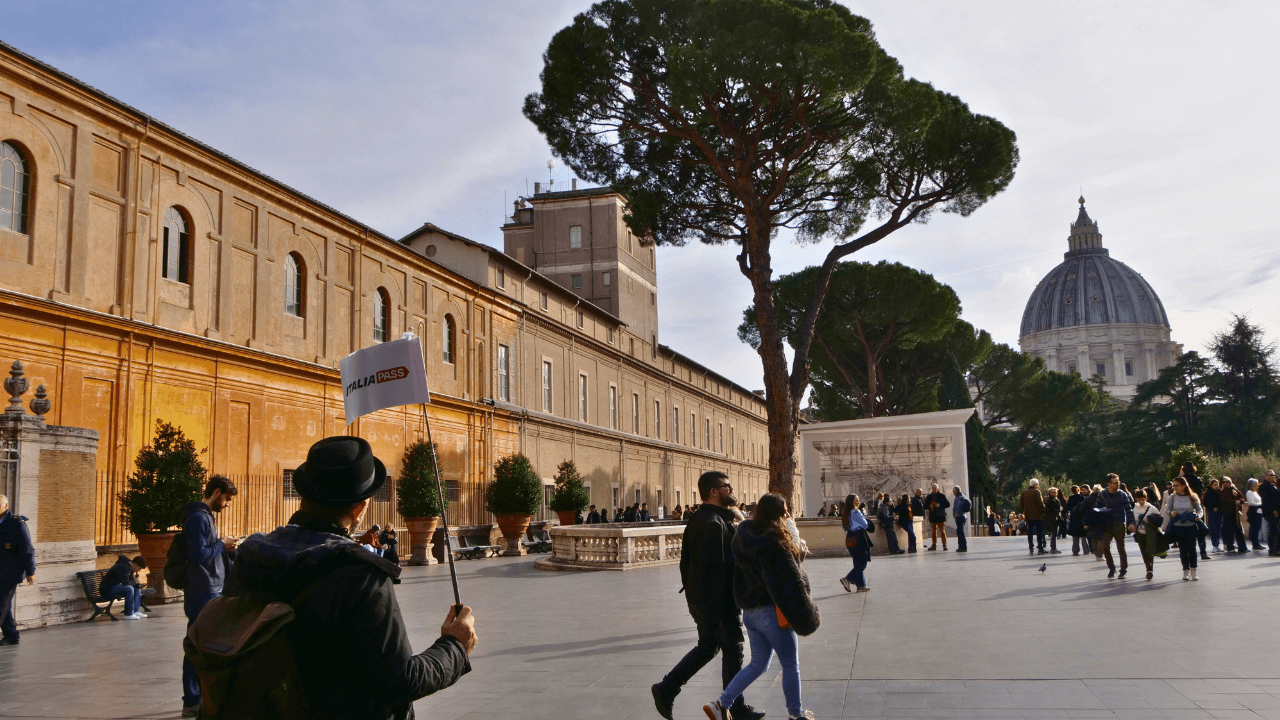
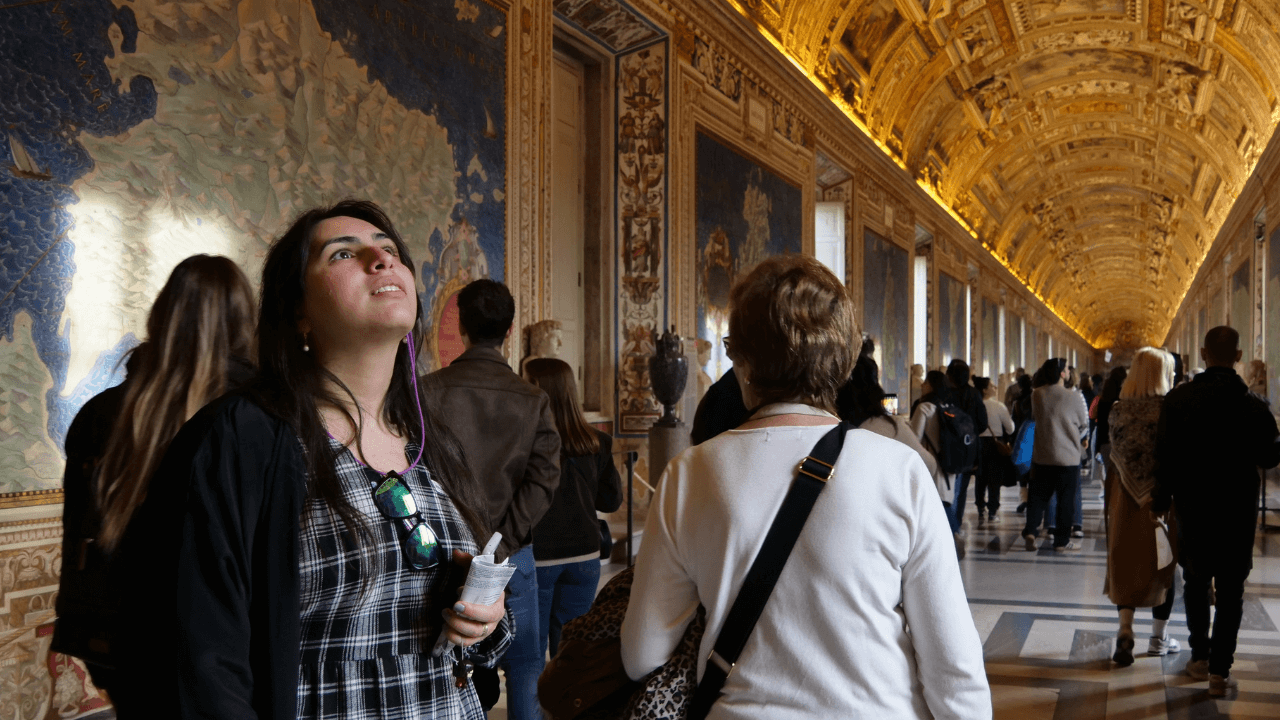
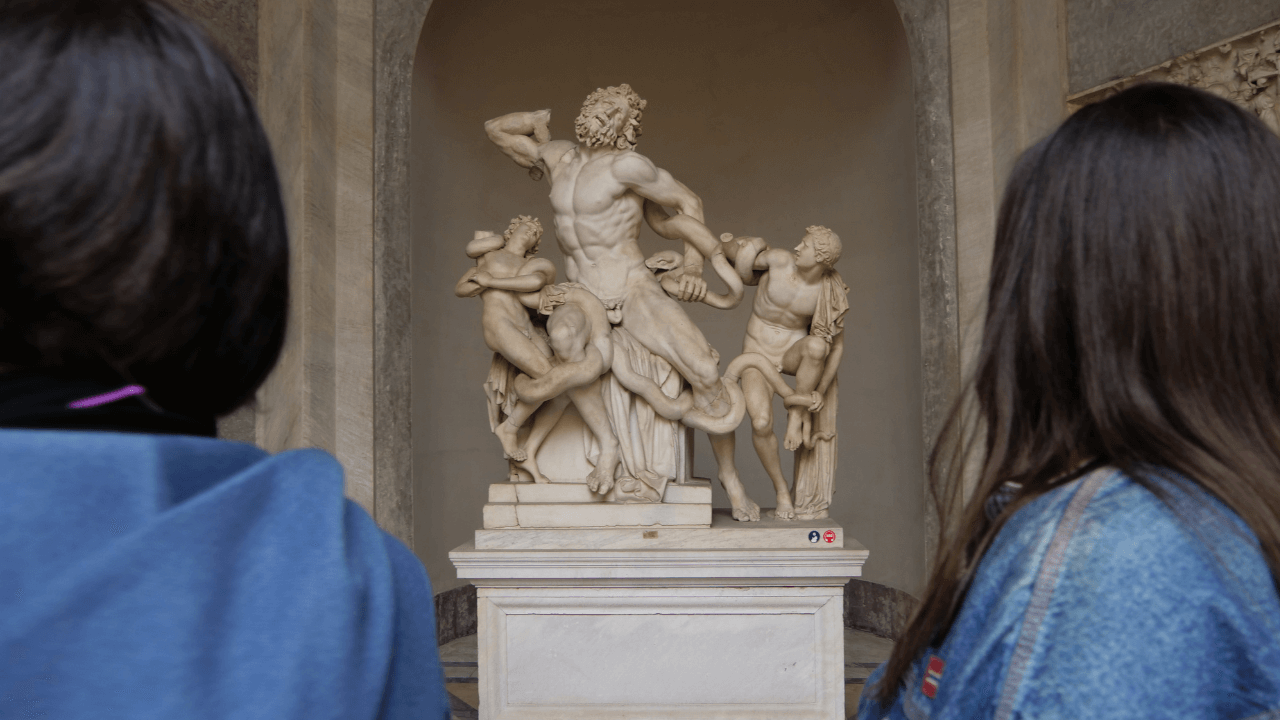
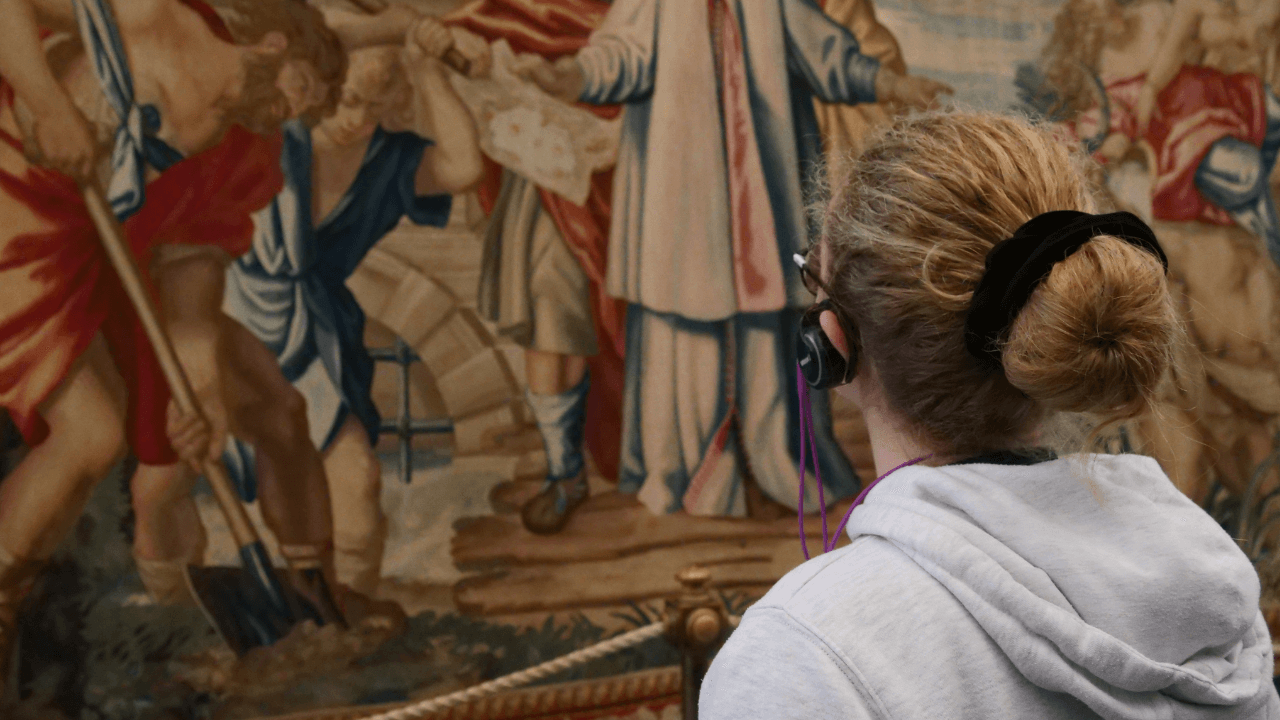

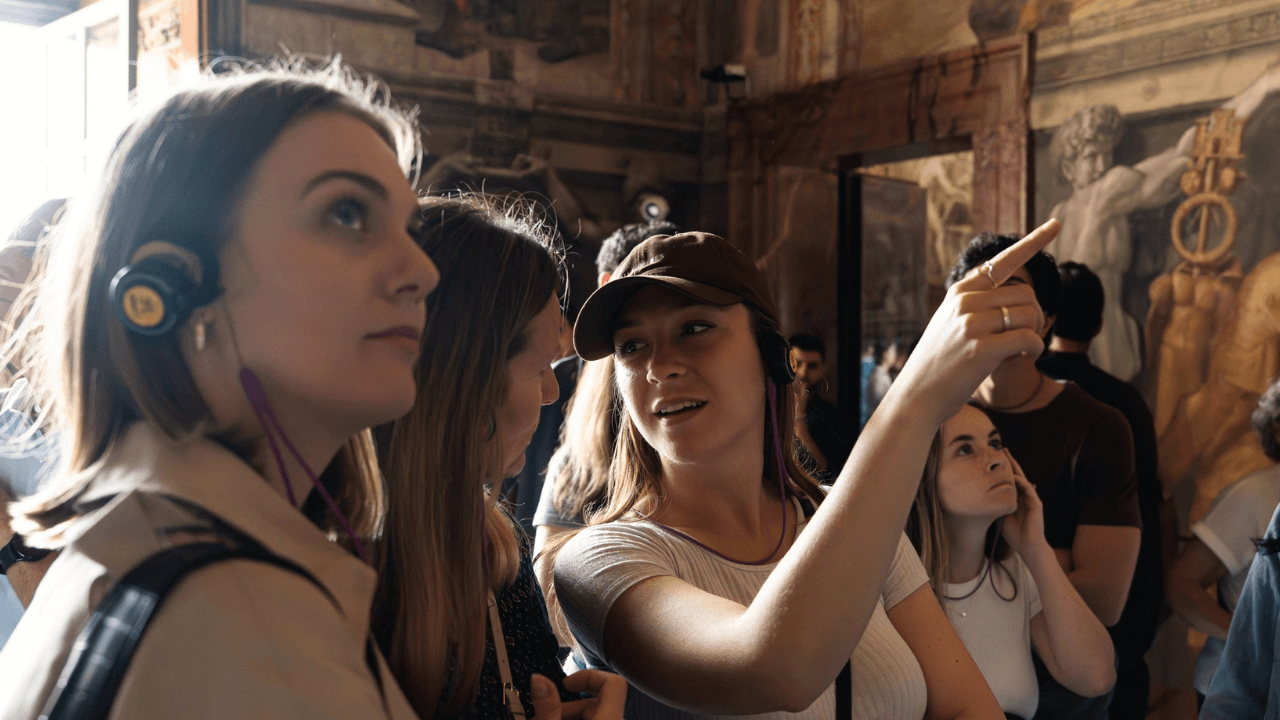
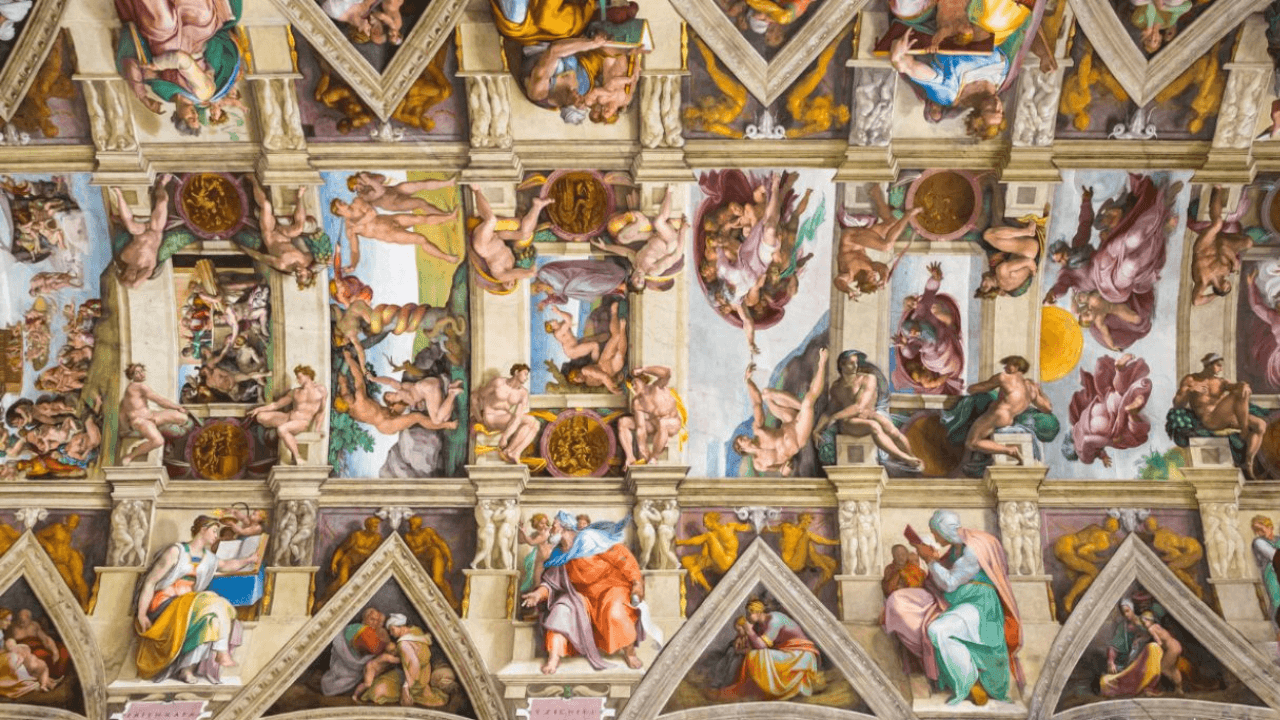
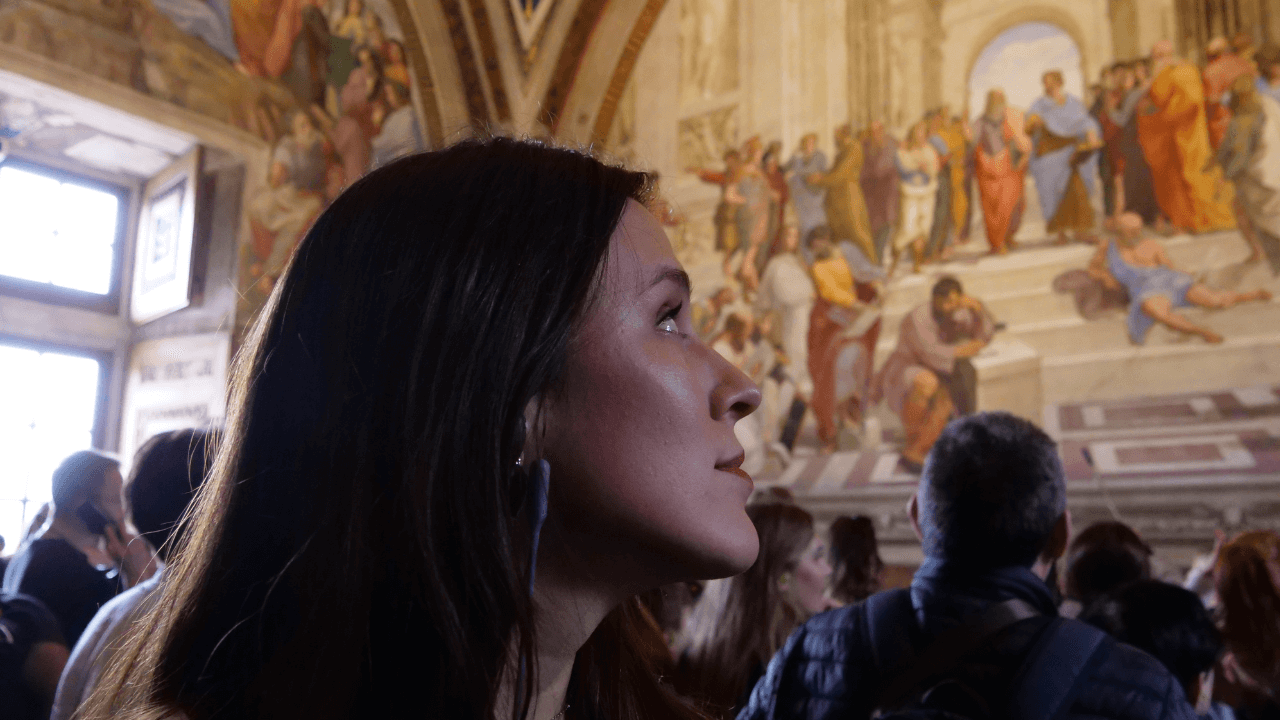
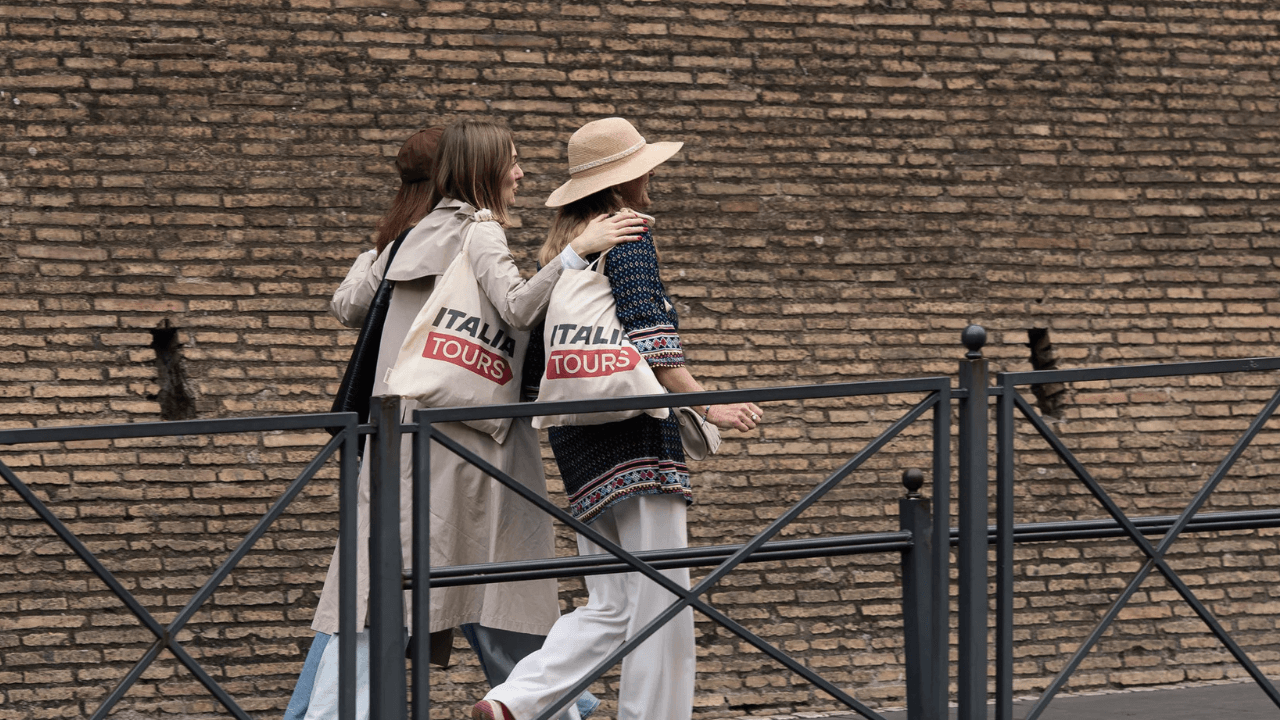
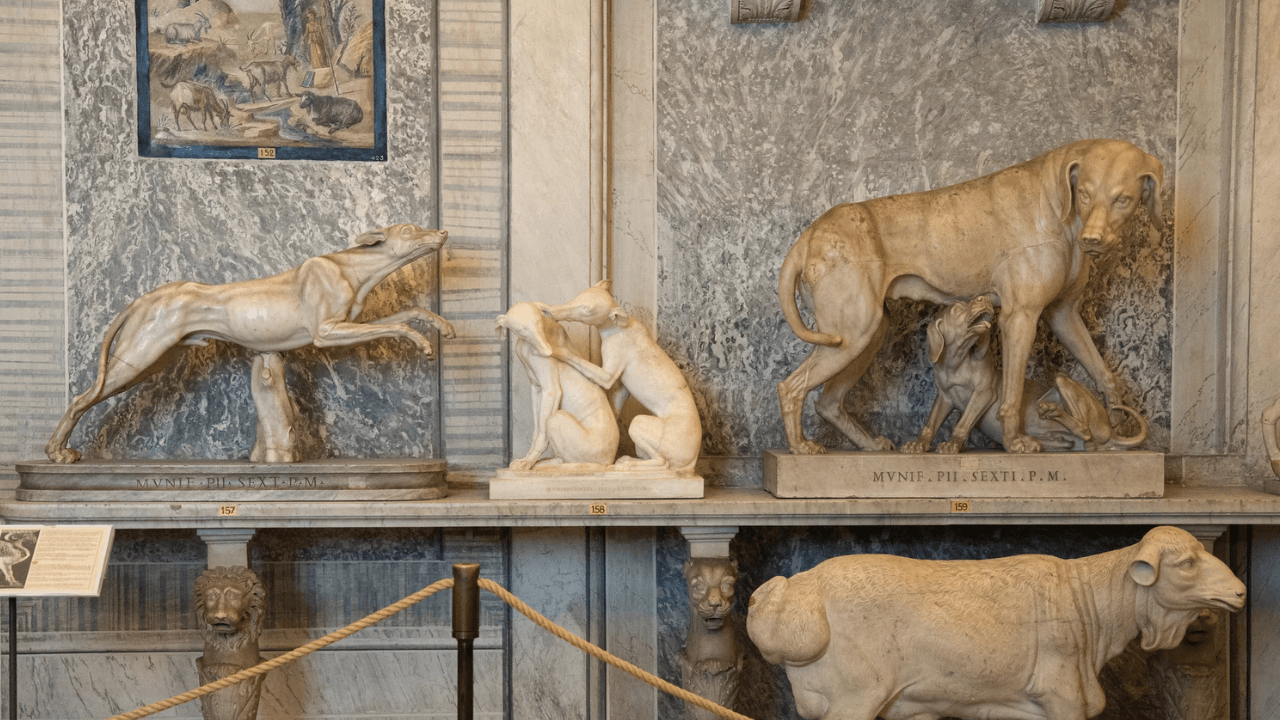

Vatican Museums: Fast Track Guided Tour
from $ 109
Learn more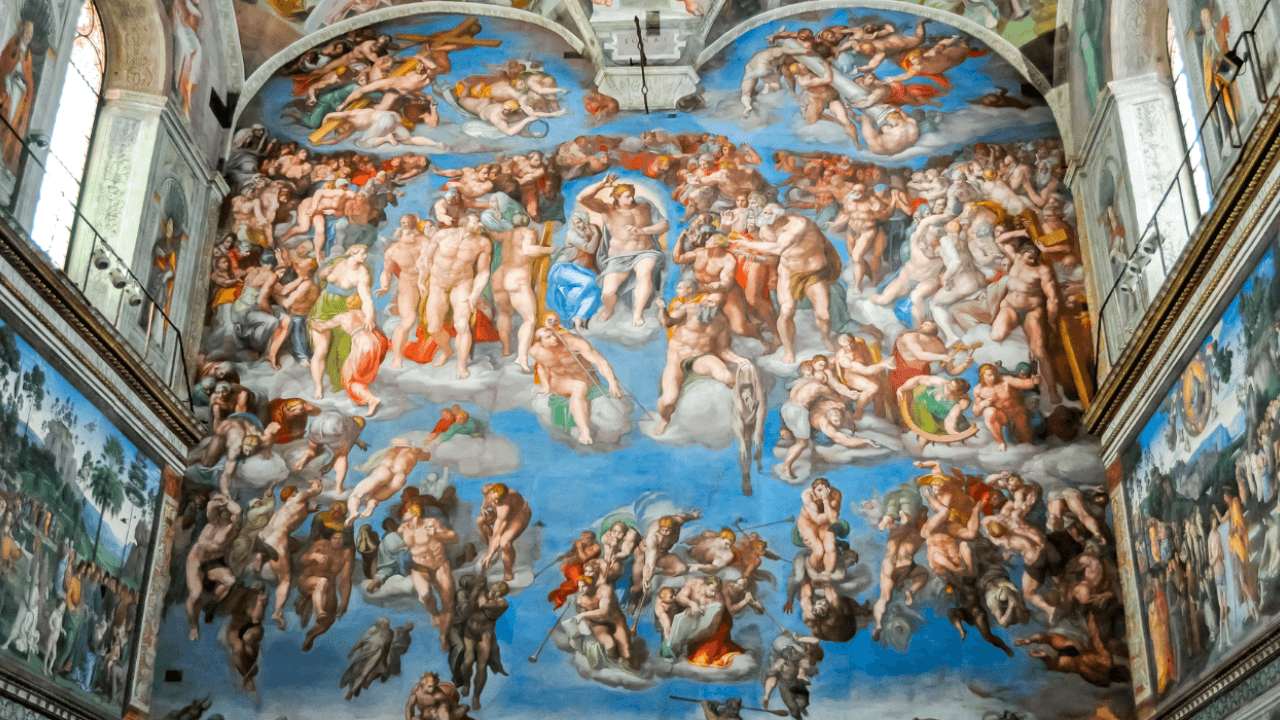

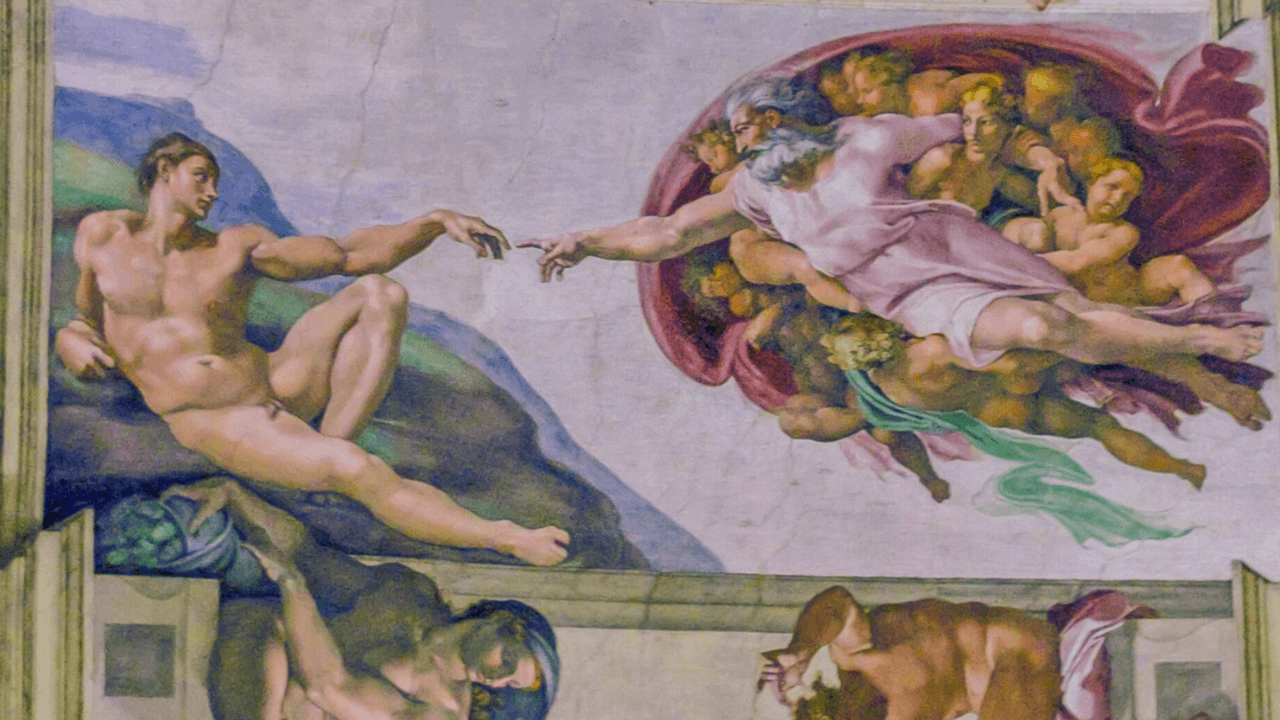
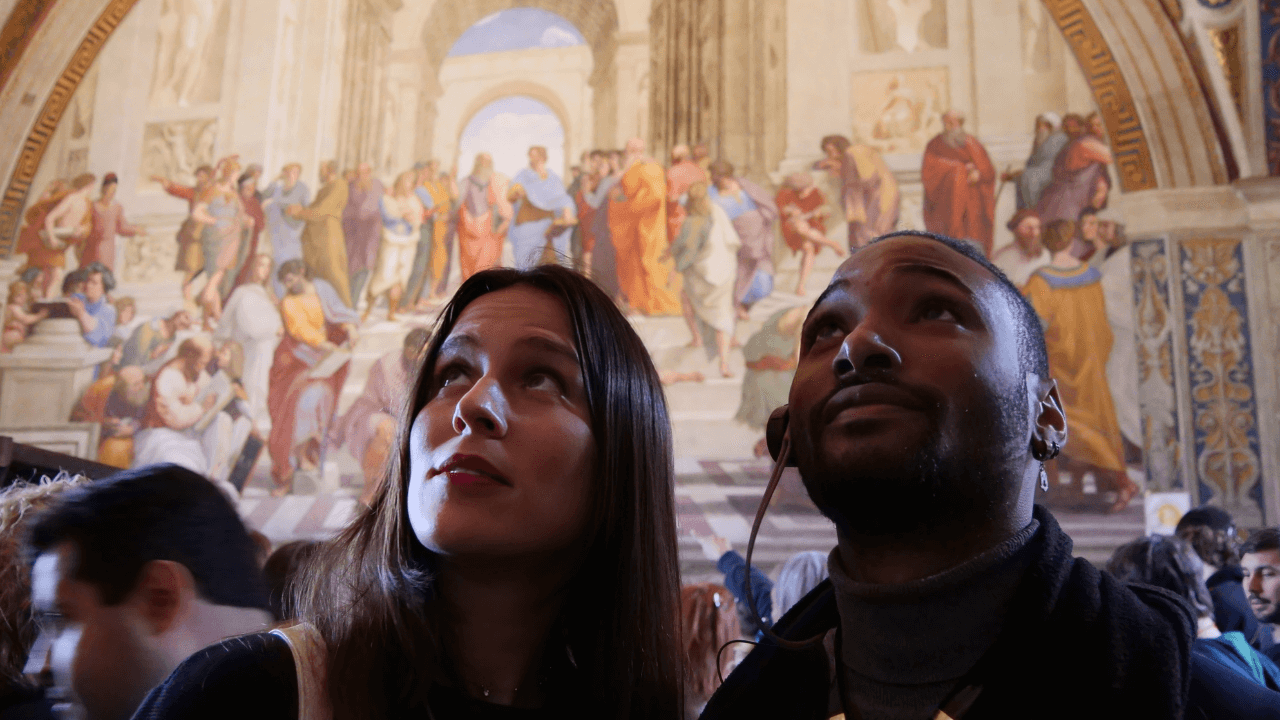
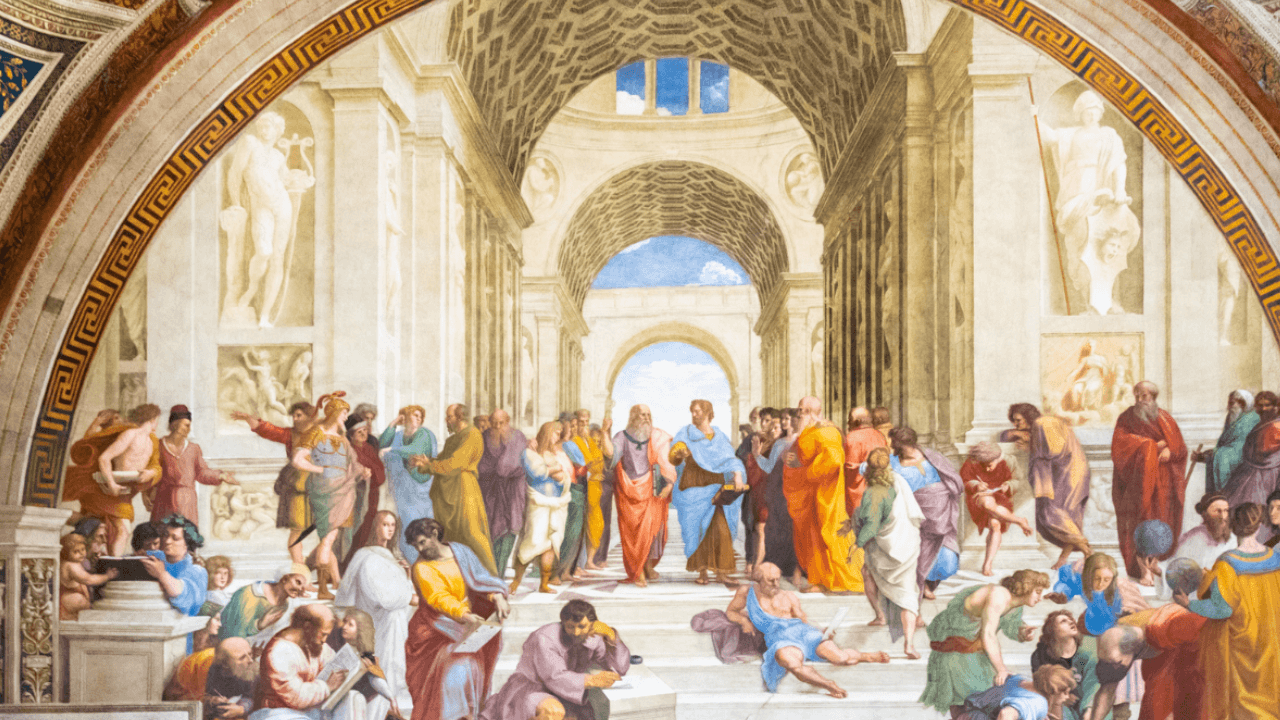


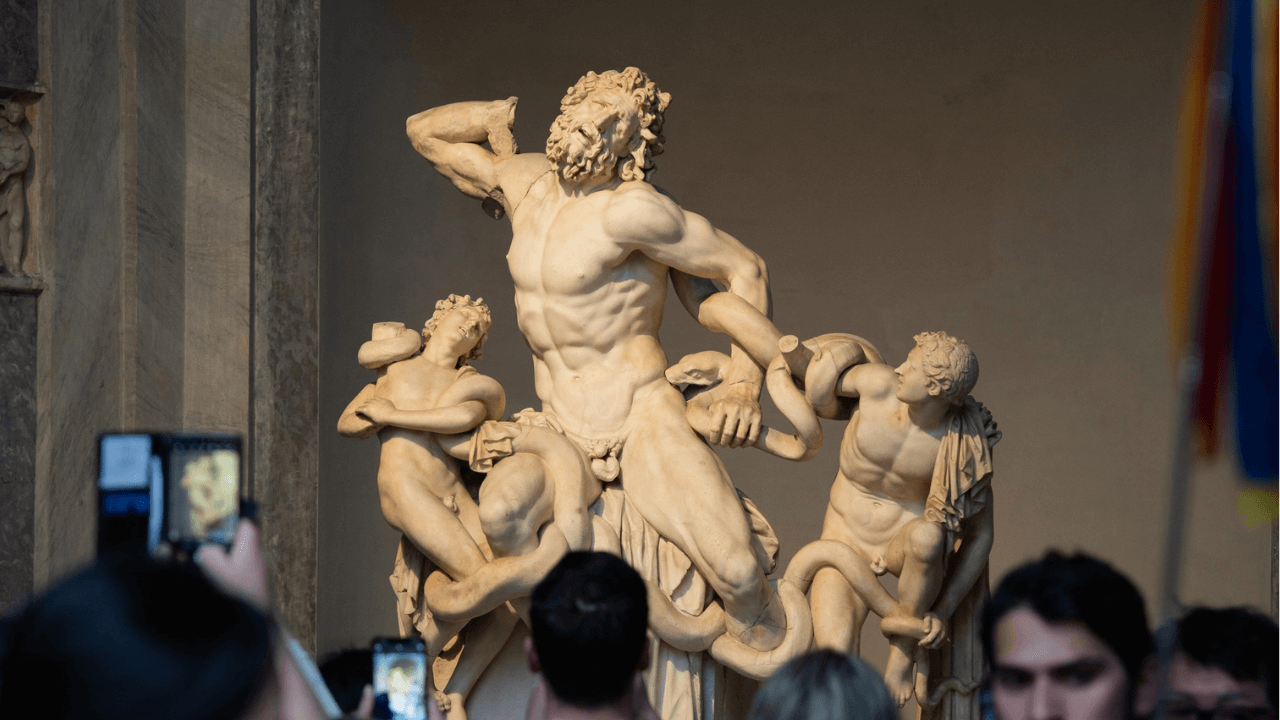
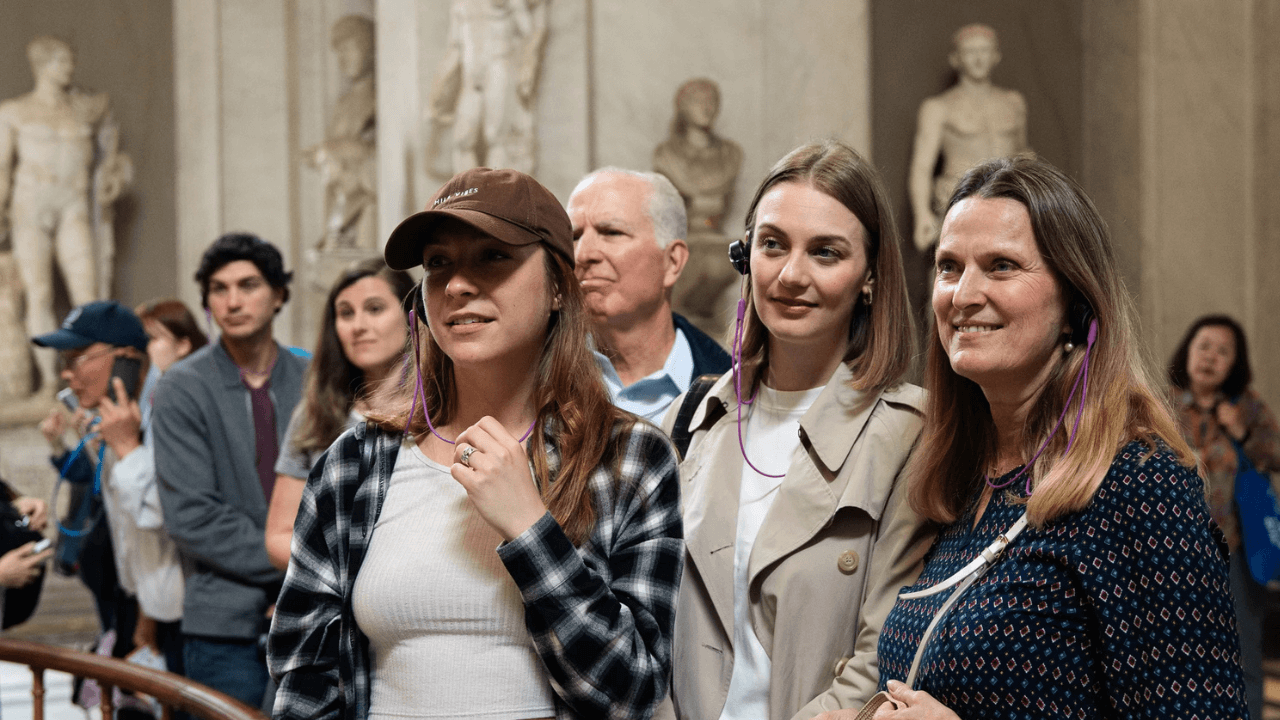

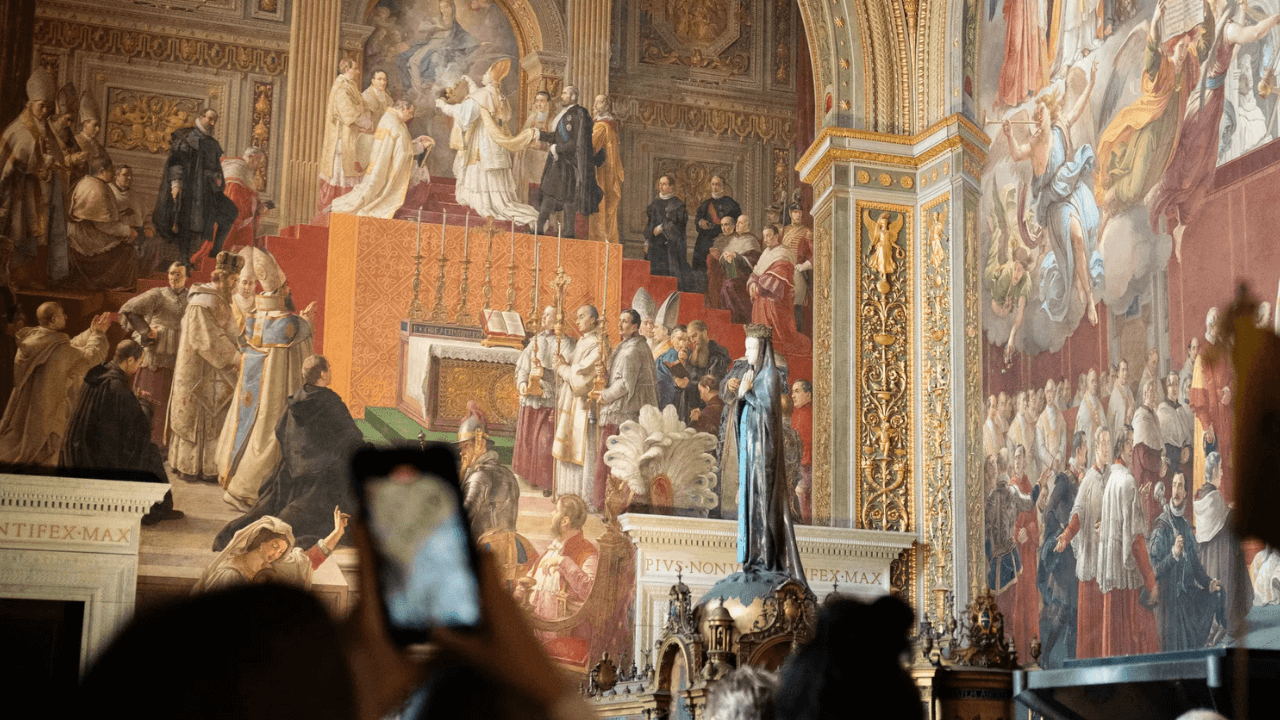
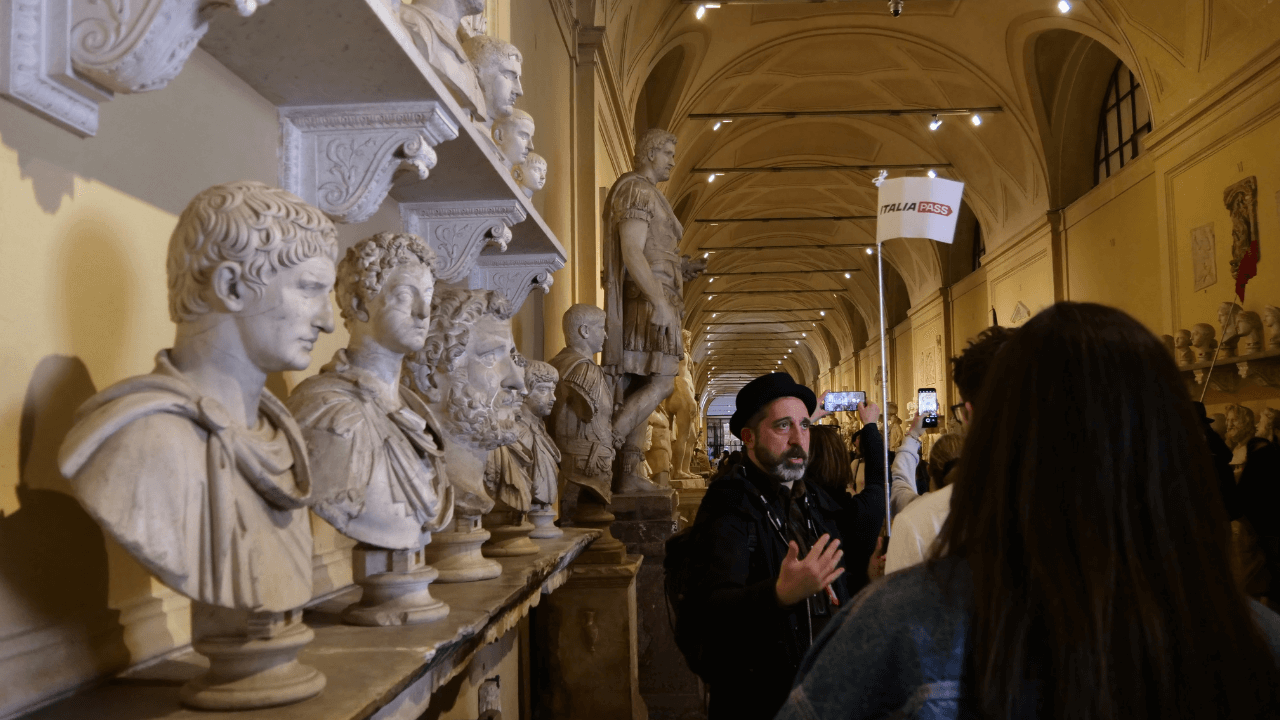
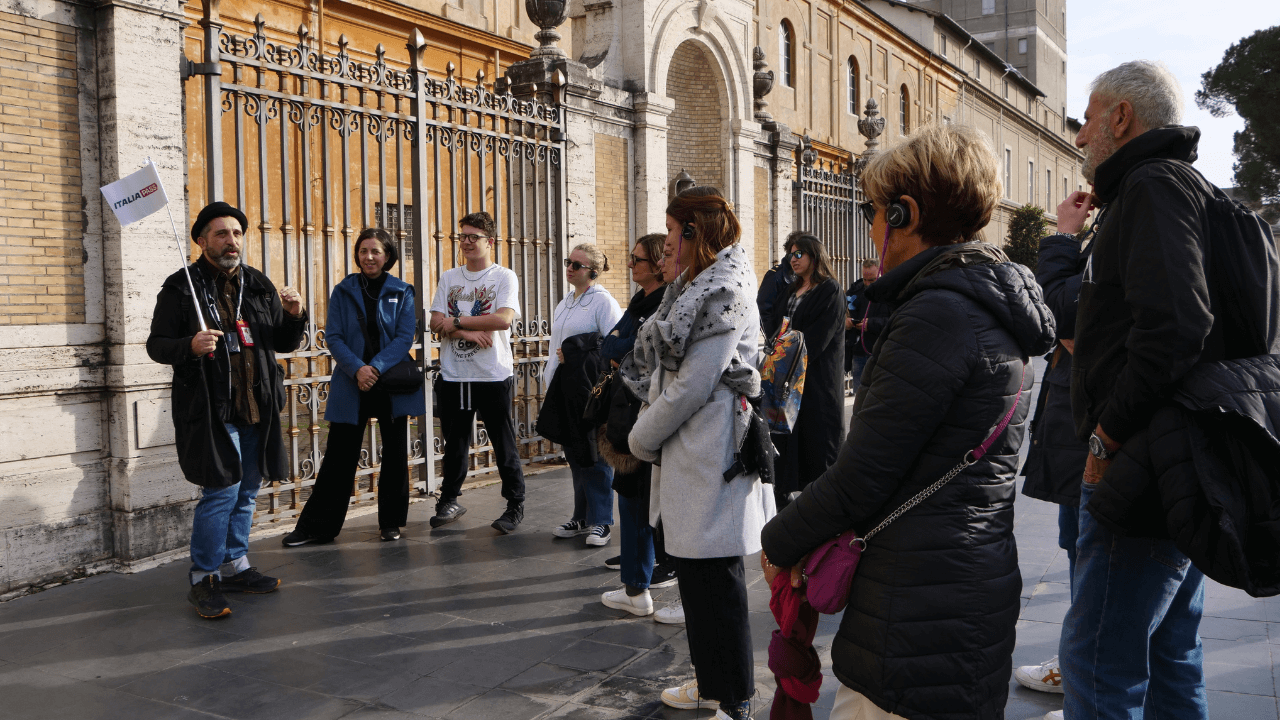
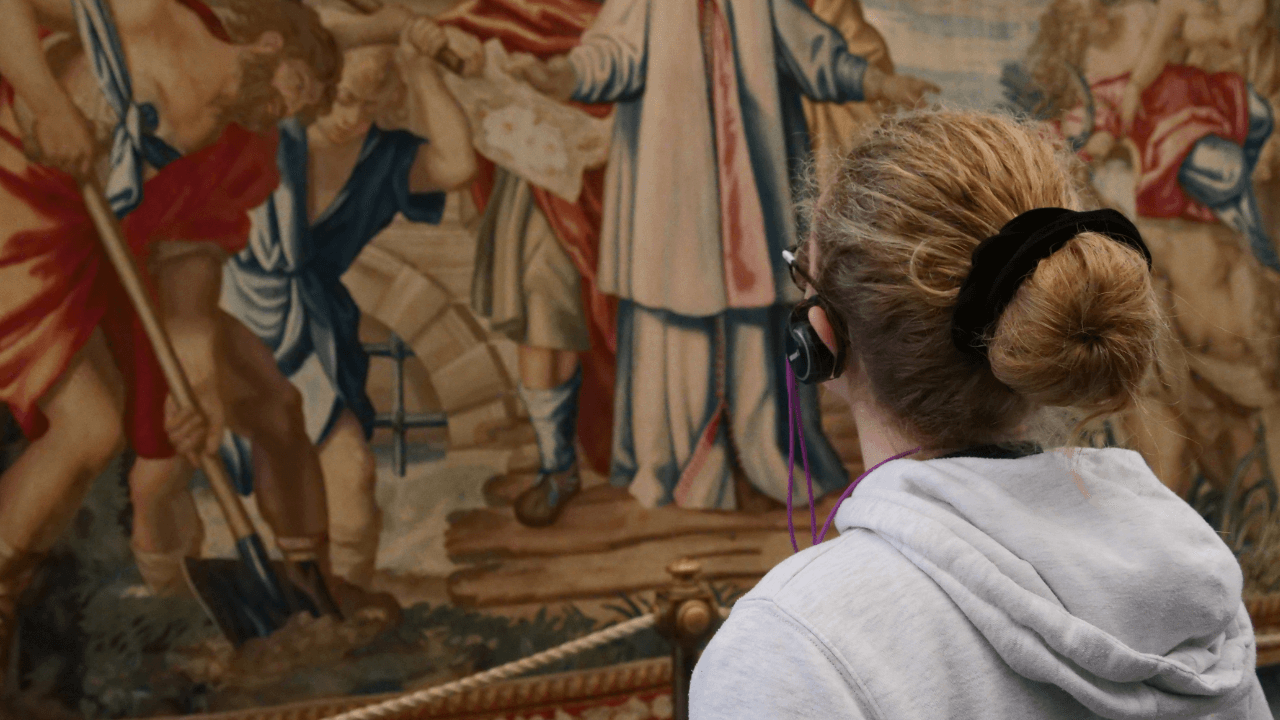
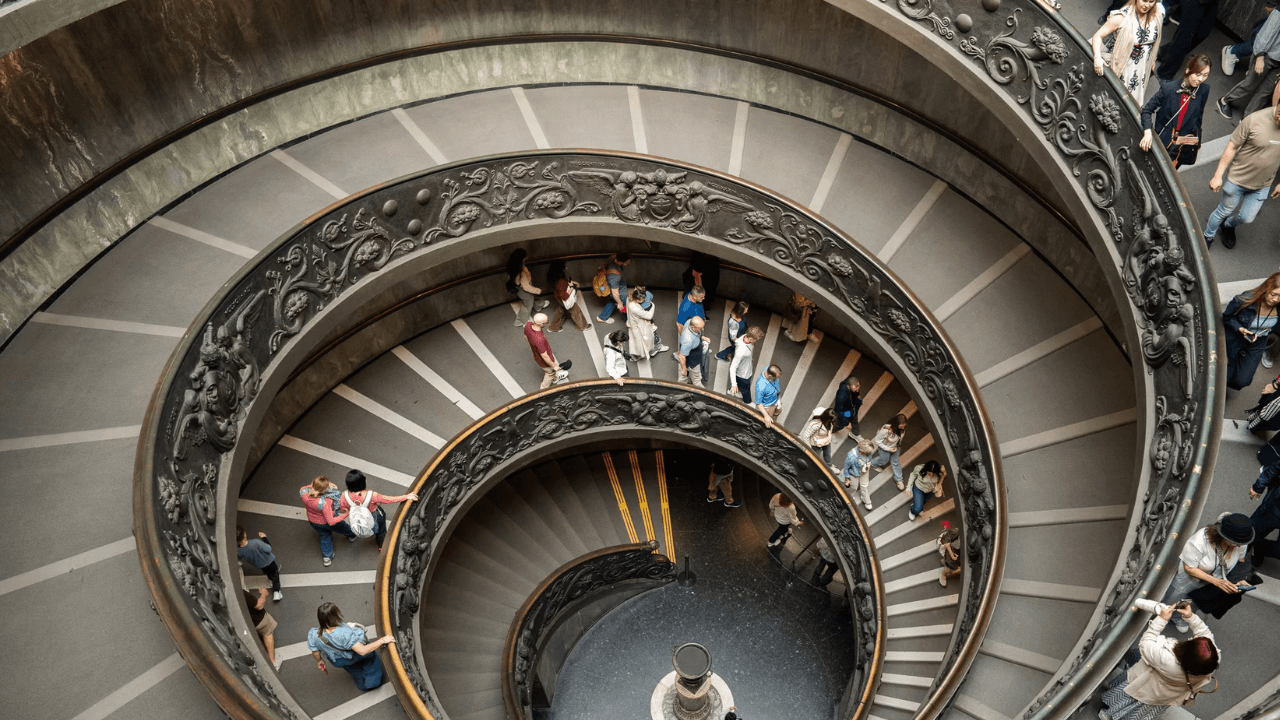
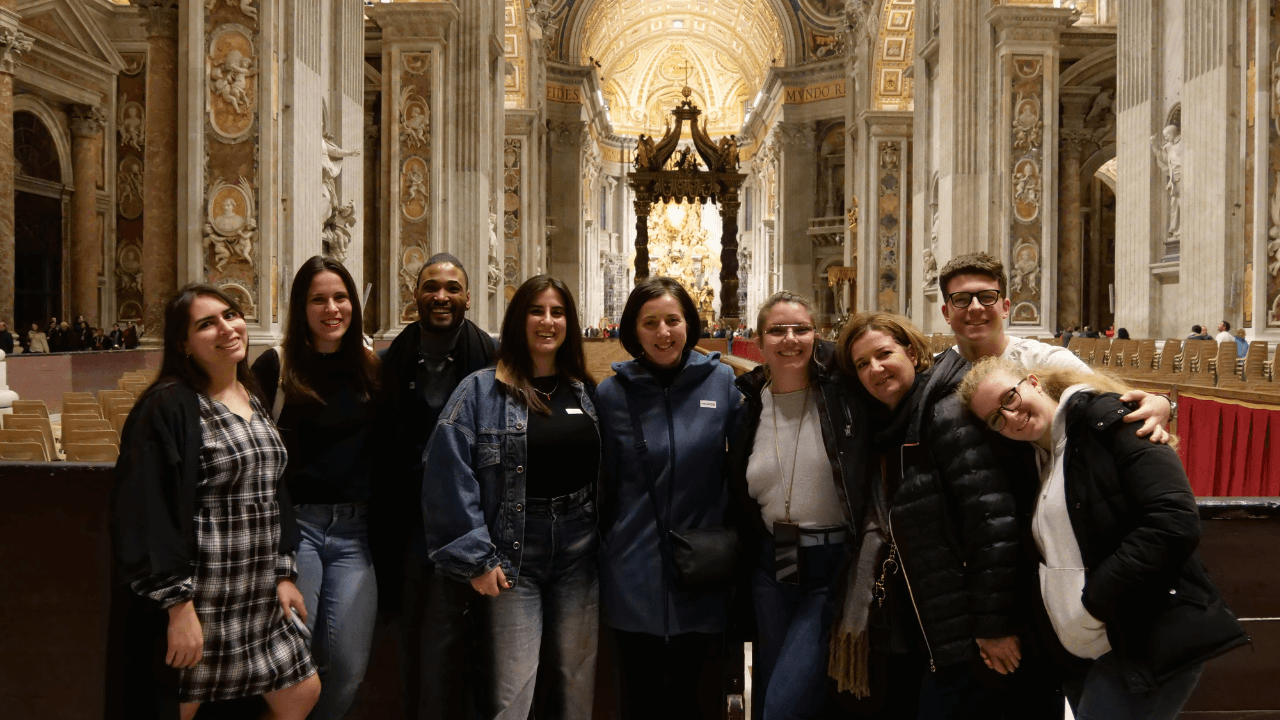
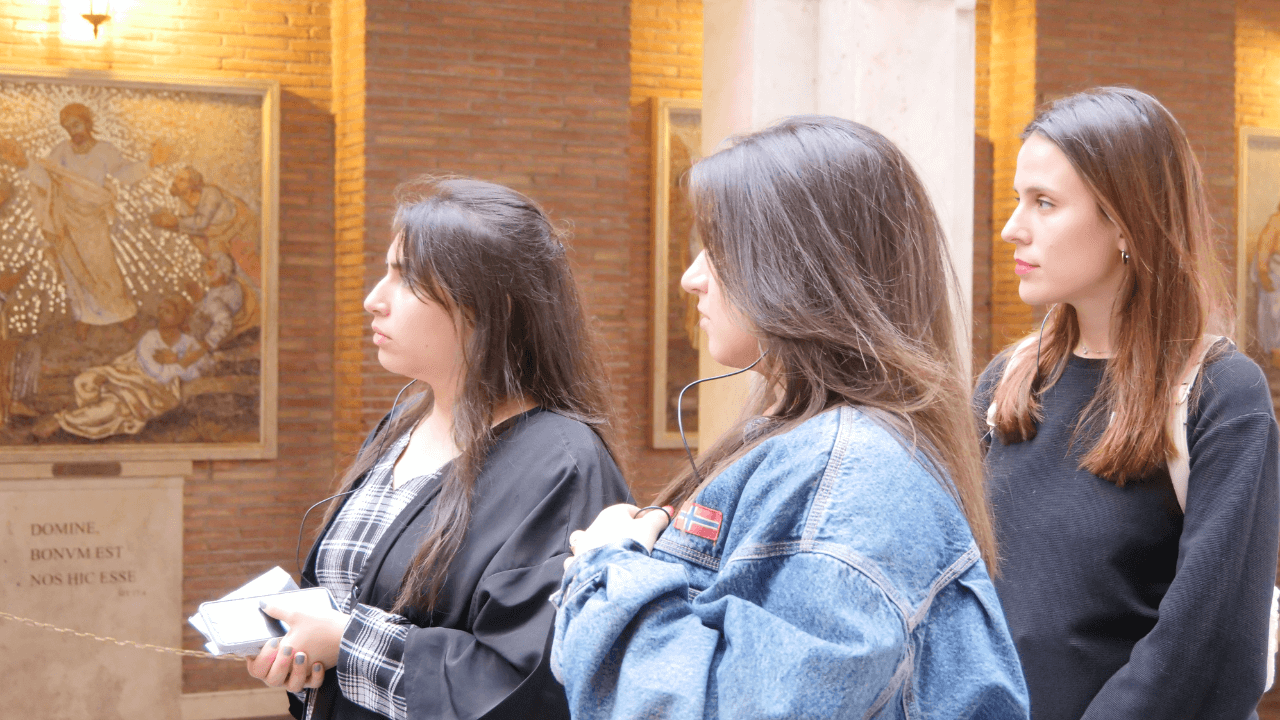
Best of the Vatican: Fast Track Highlights
from $ 109
Learn more
ItaliaTours has been providing expert tours for travelers to Italy for over 20 years. Our guides are highly educated expert storytellers who love sharing their passion for "il bel paese". We are fully licensed and insured, so that you can feel confident when booking with us.

Call/Text/WhatsApp: +1 833-482-5421
Email: info@italiatours.com




